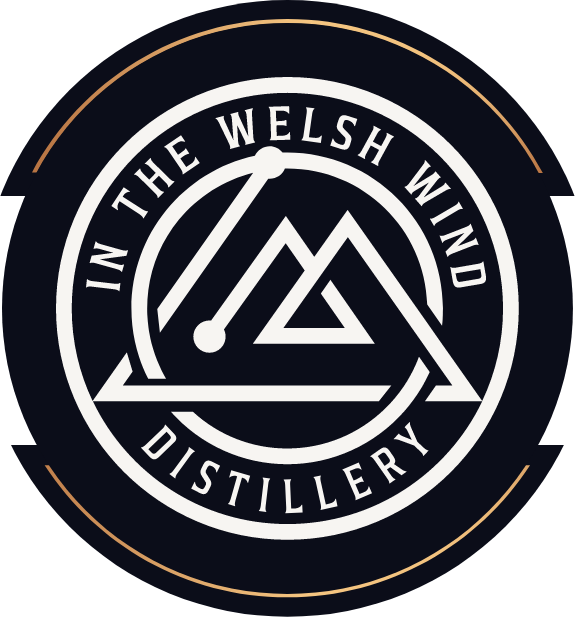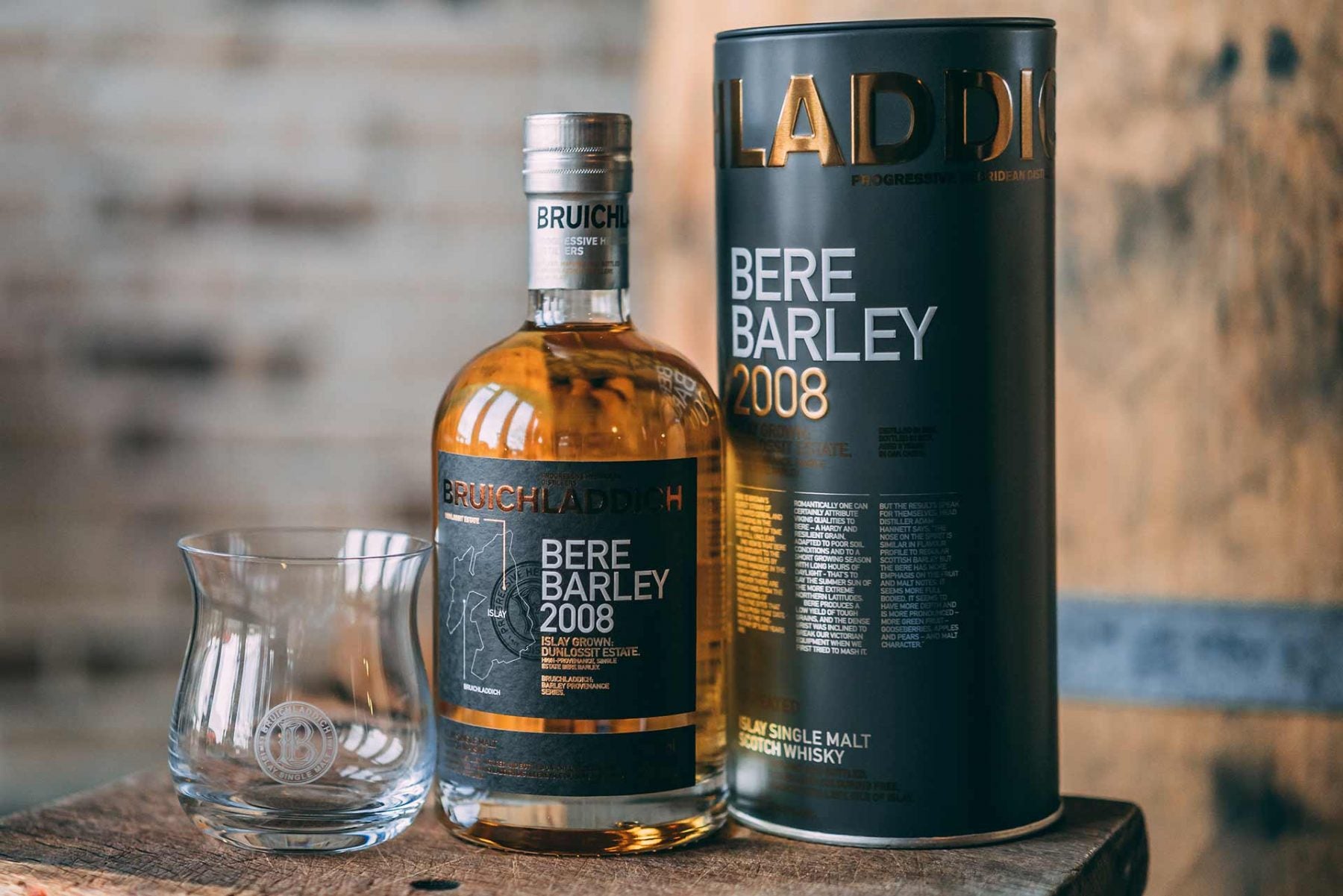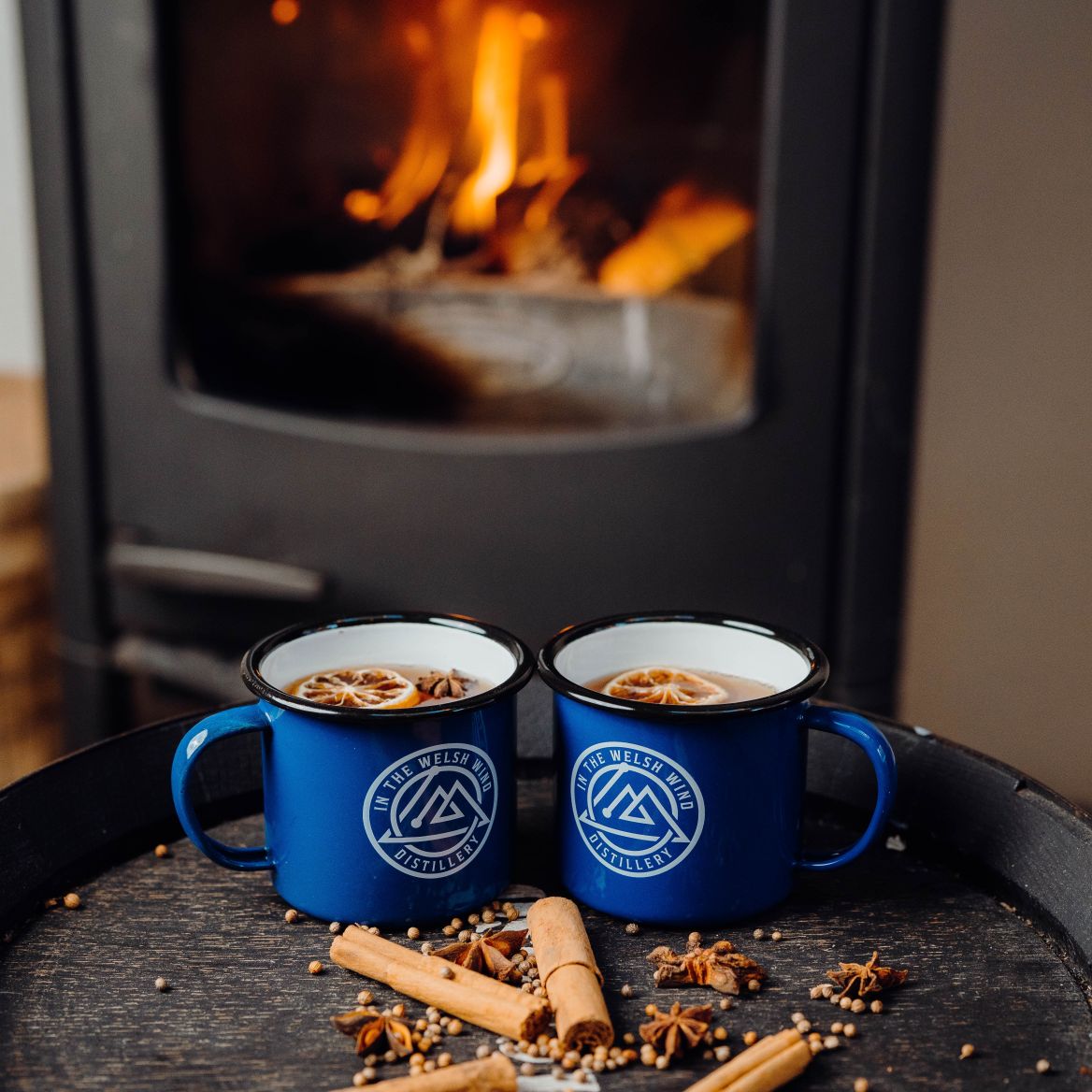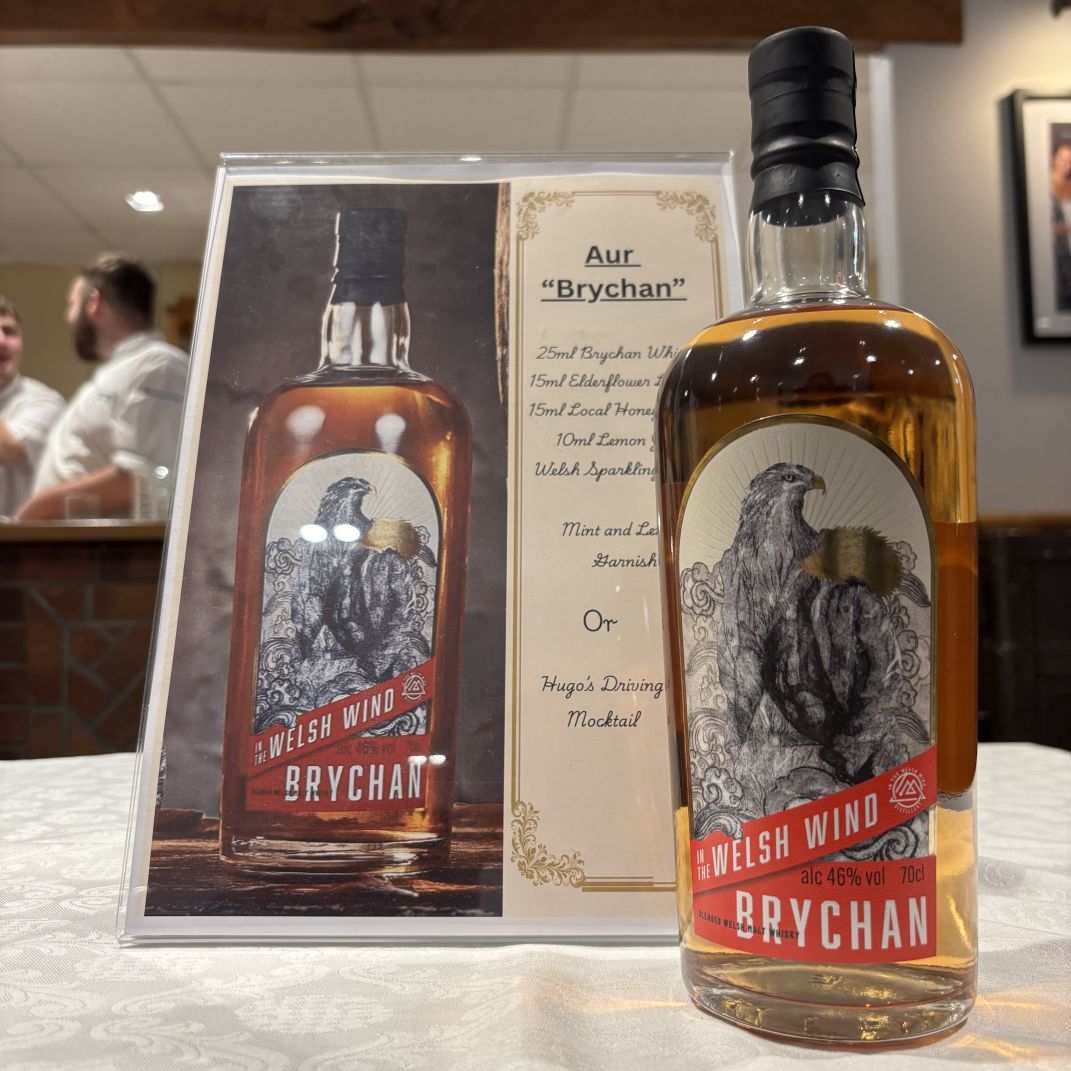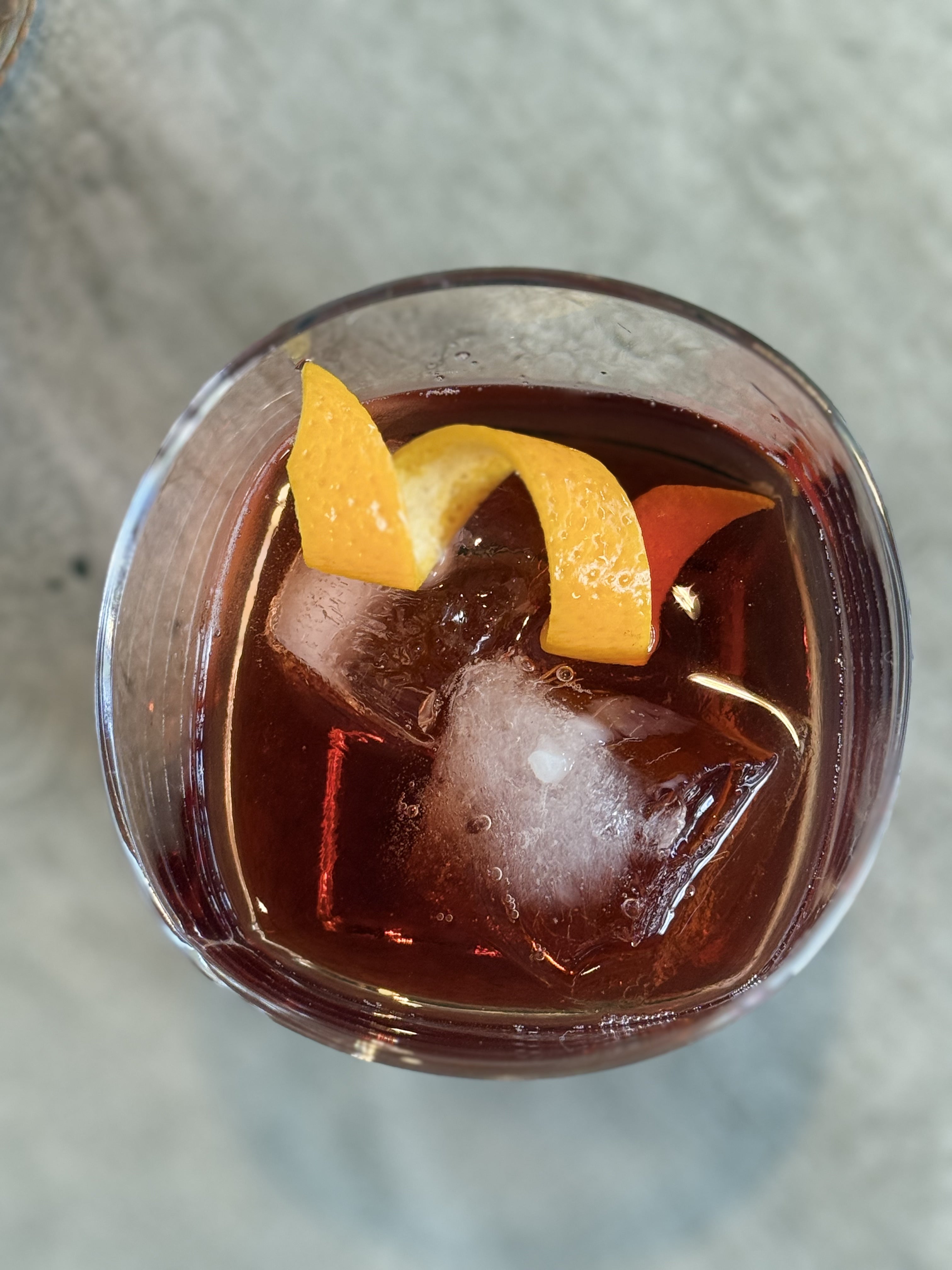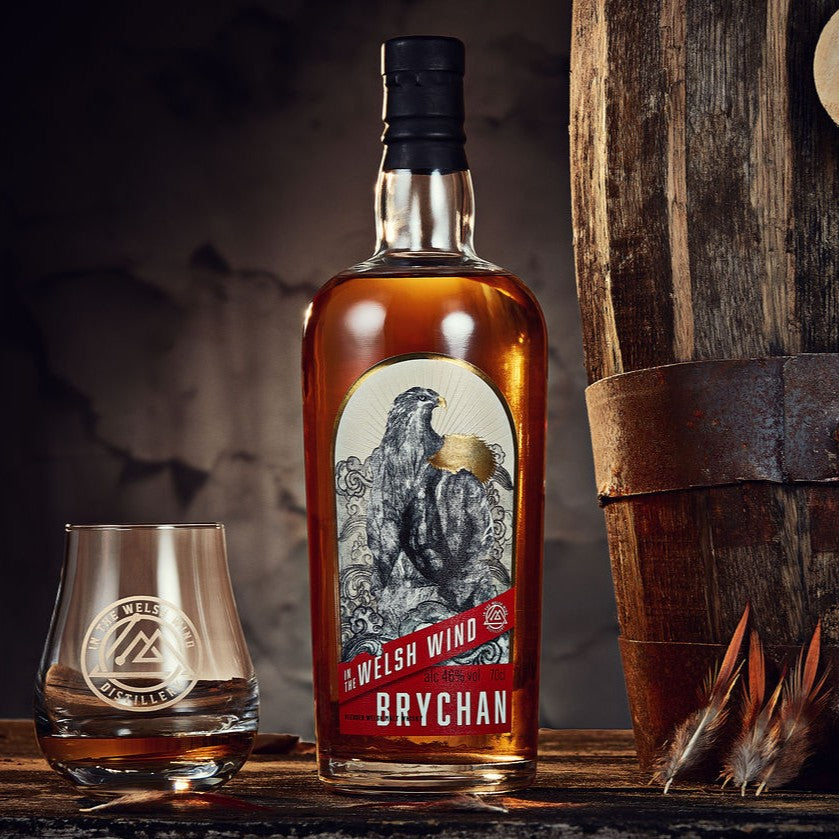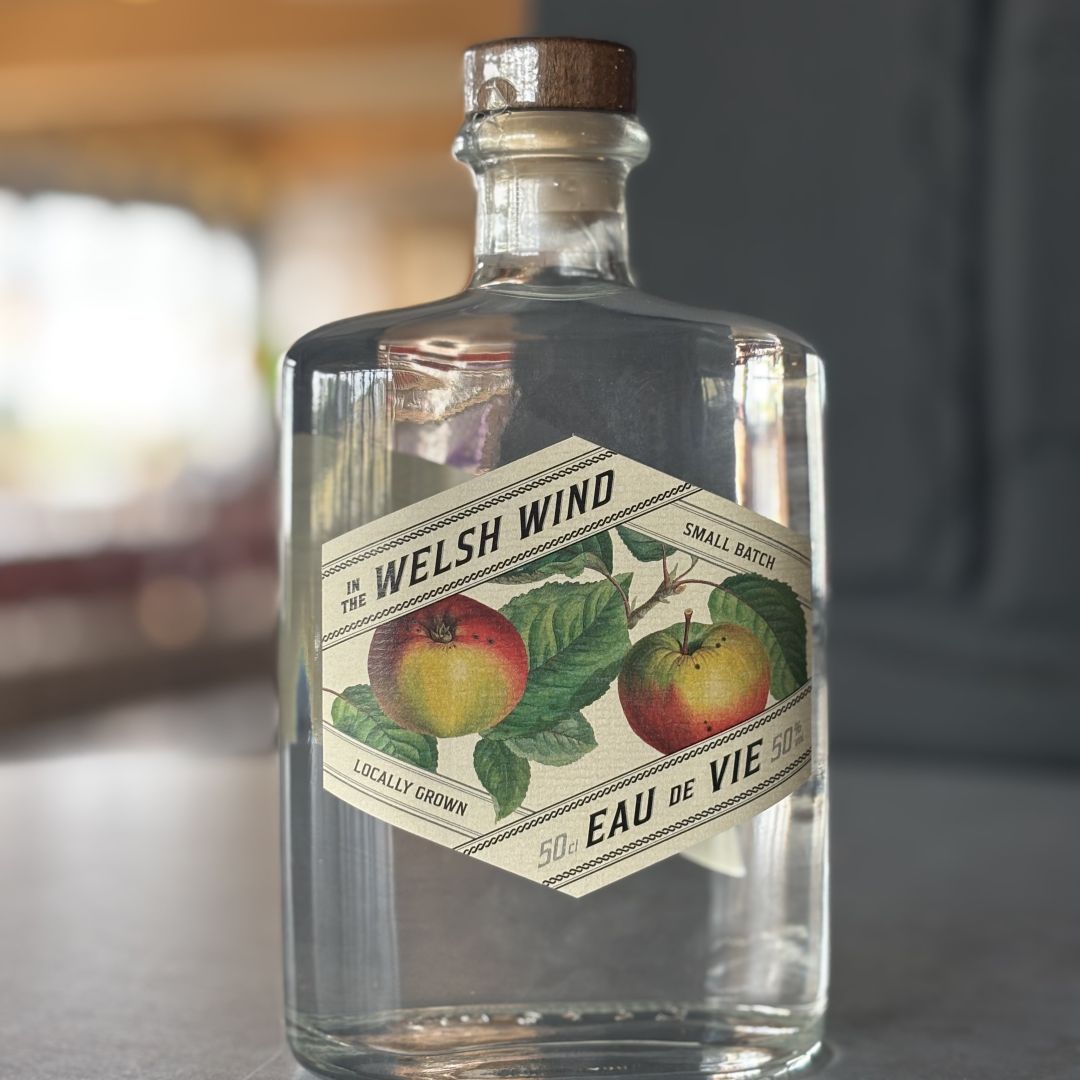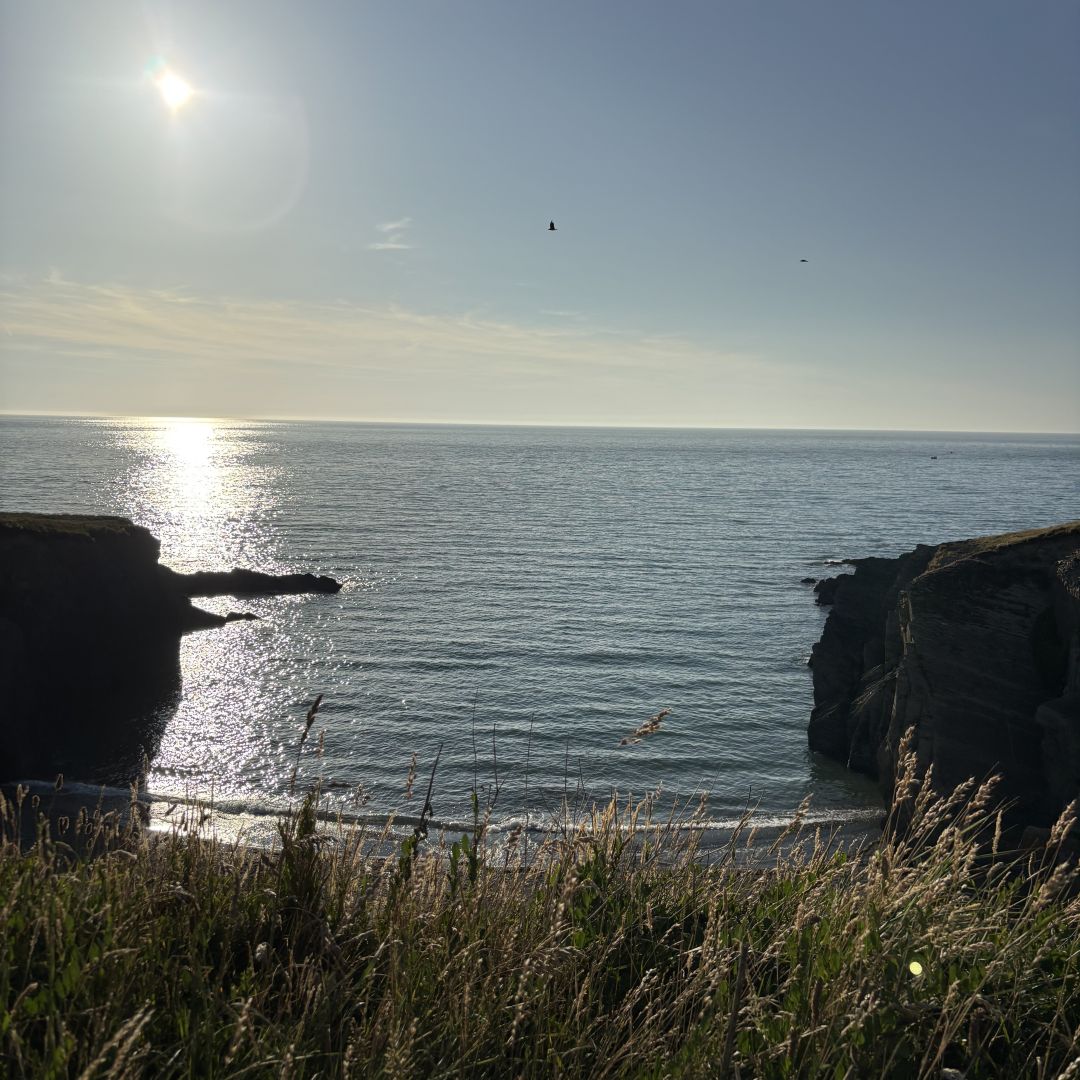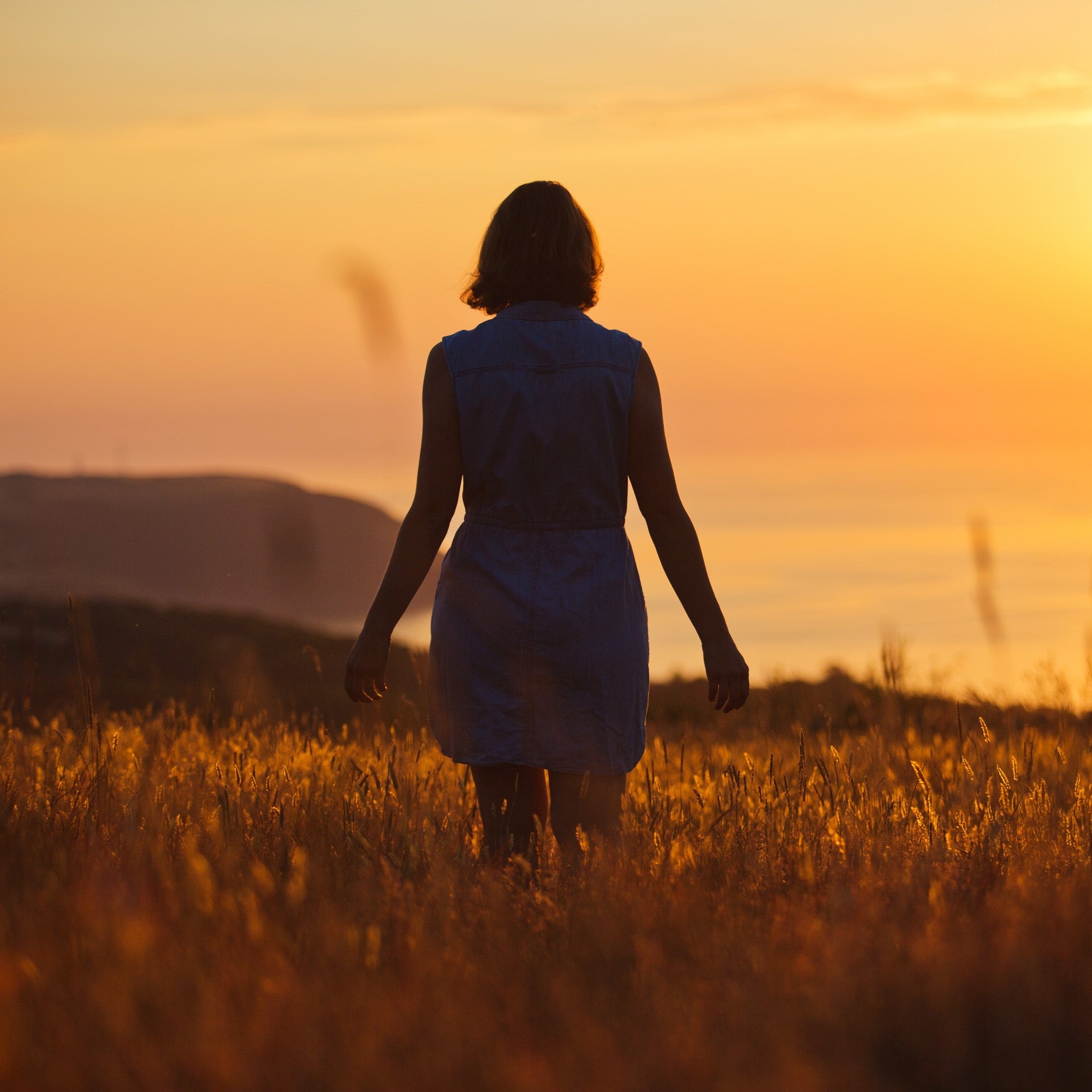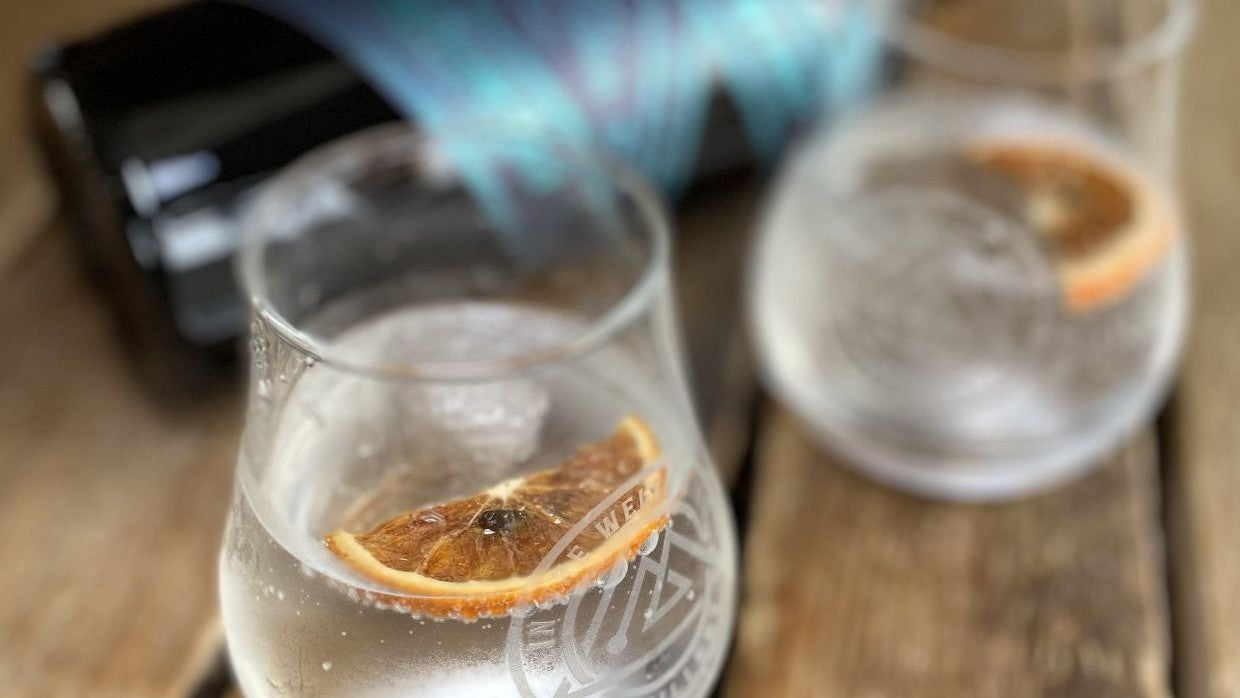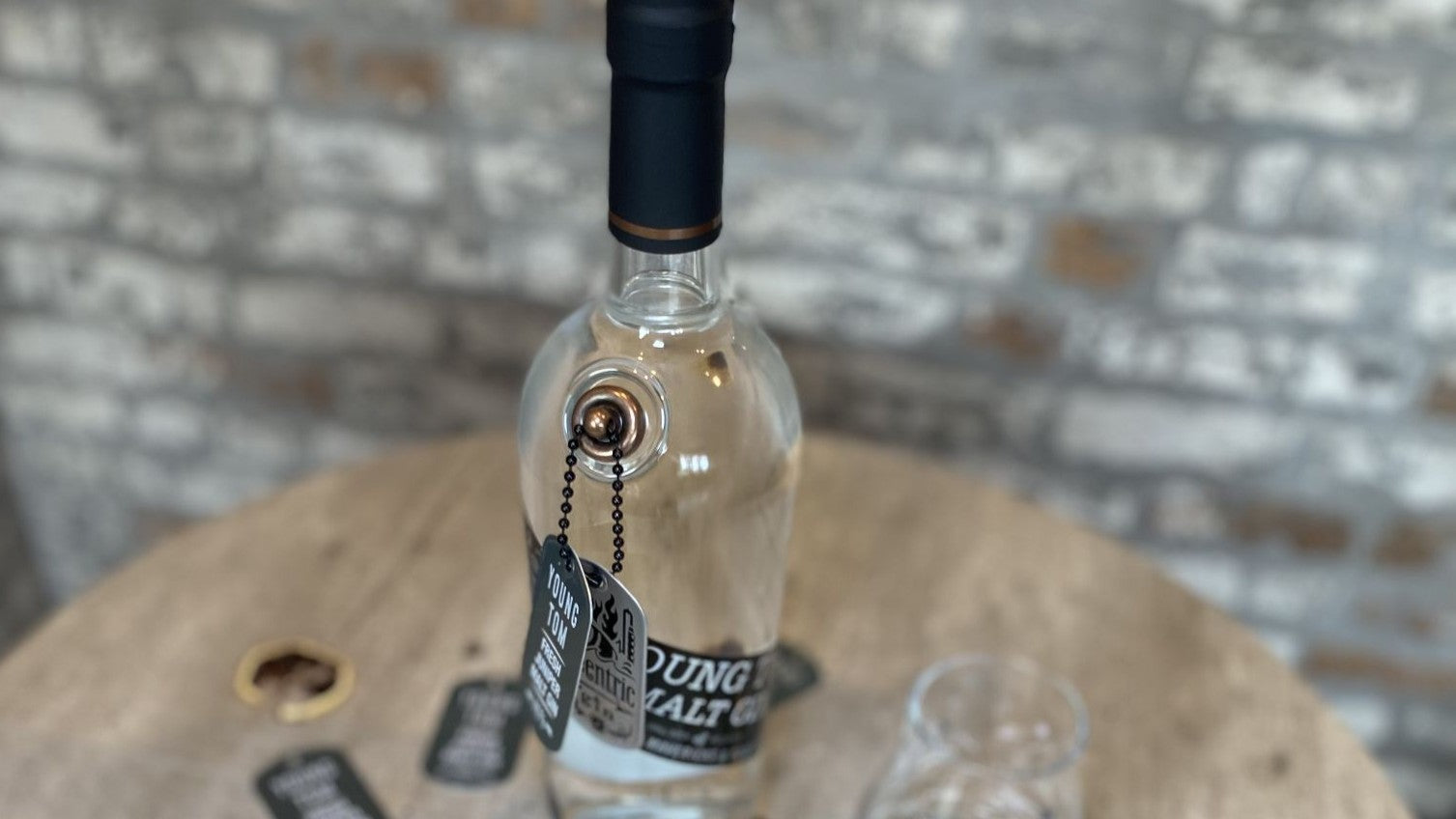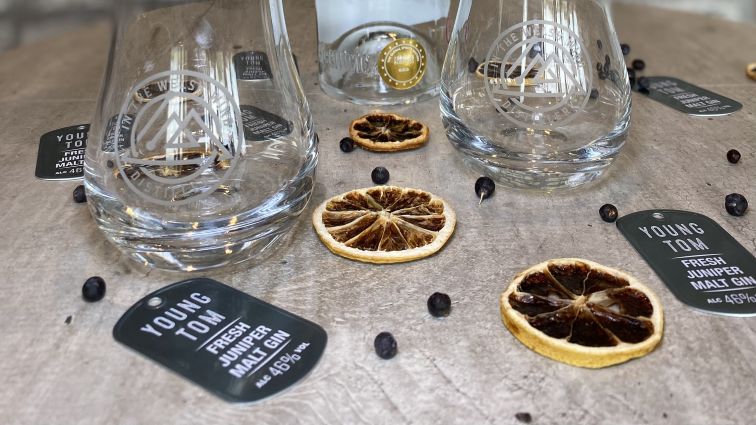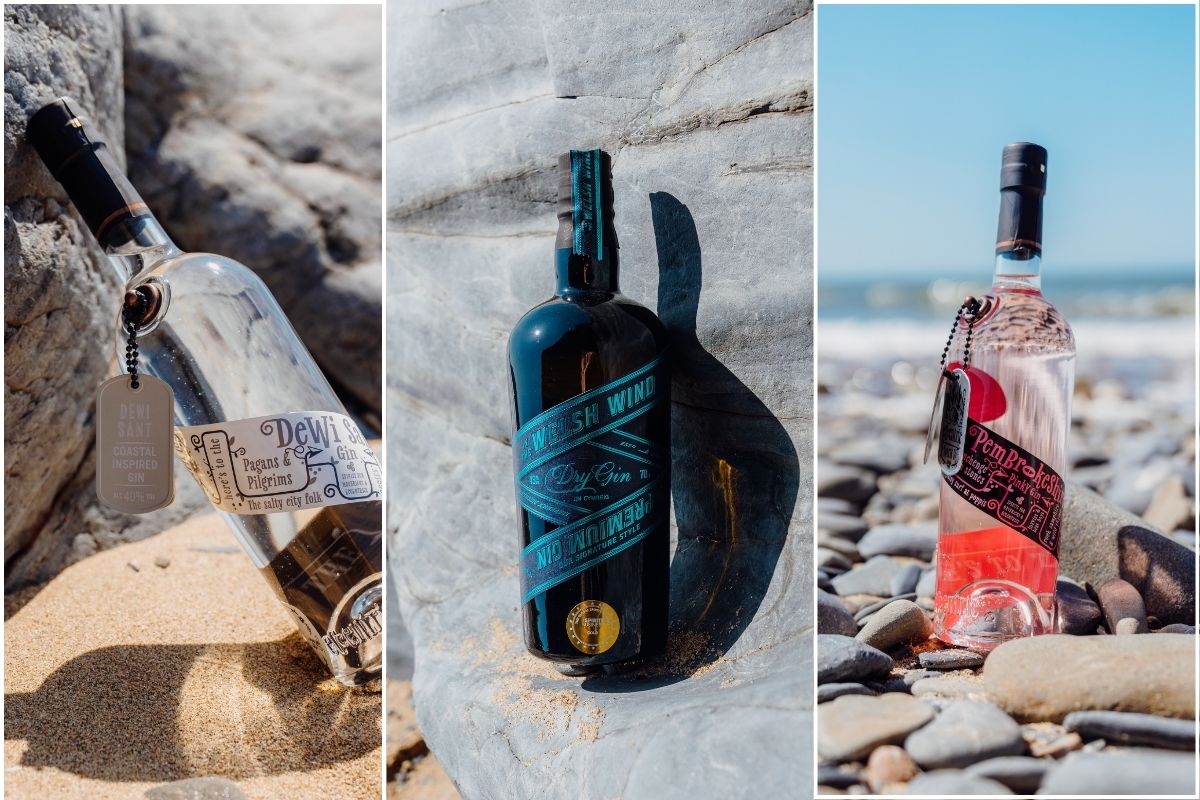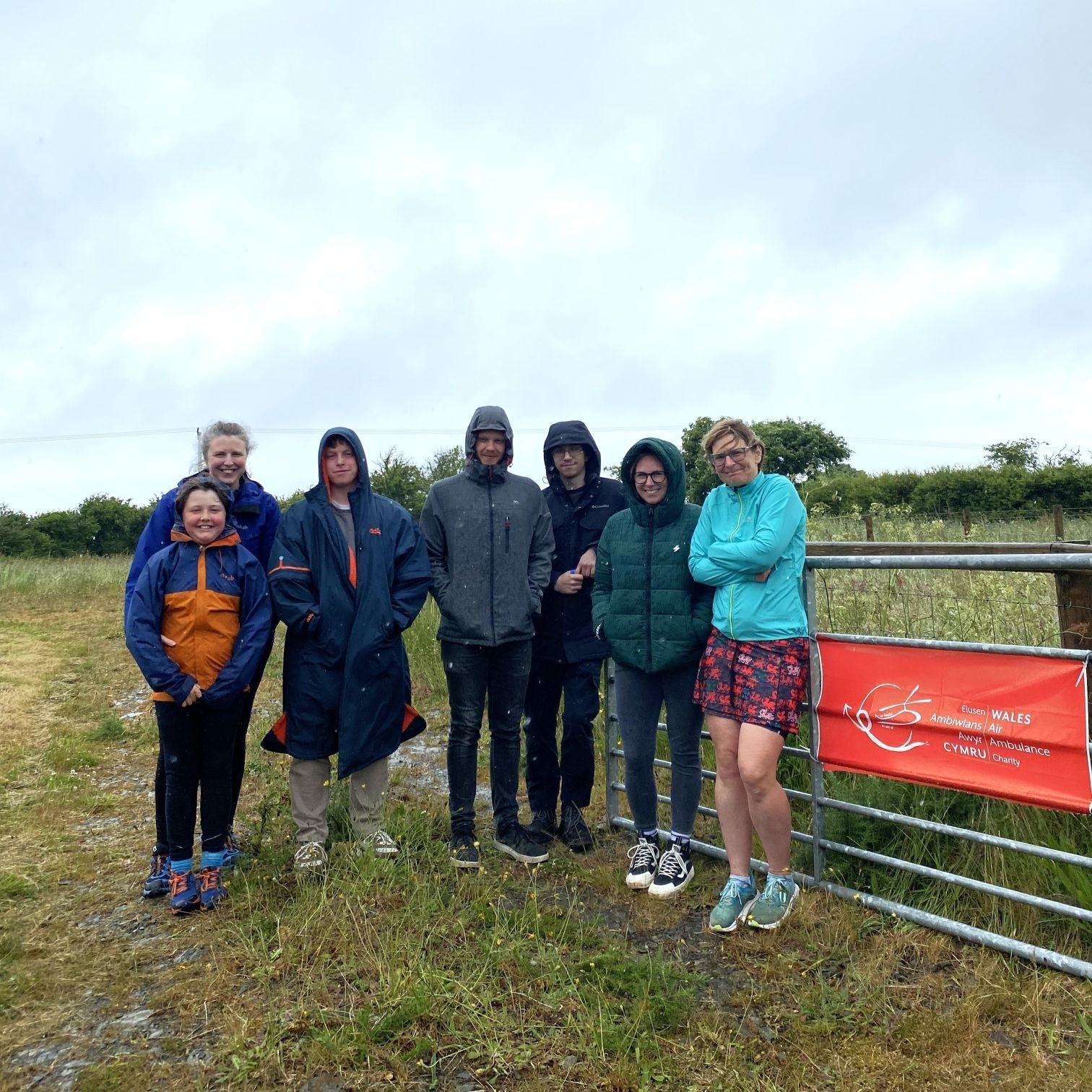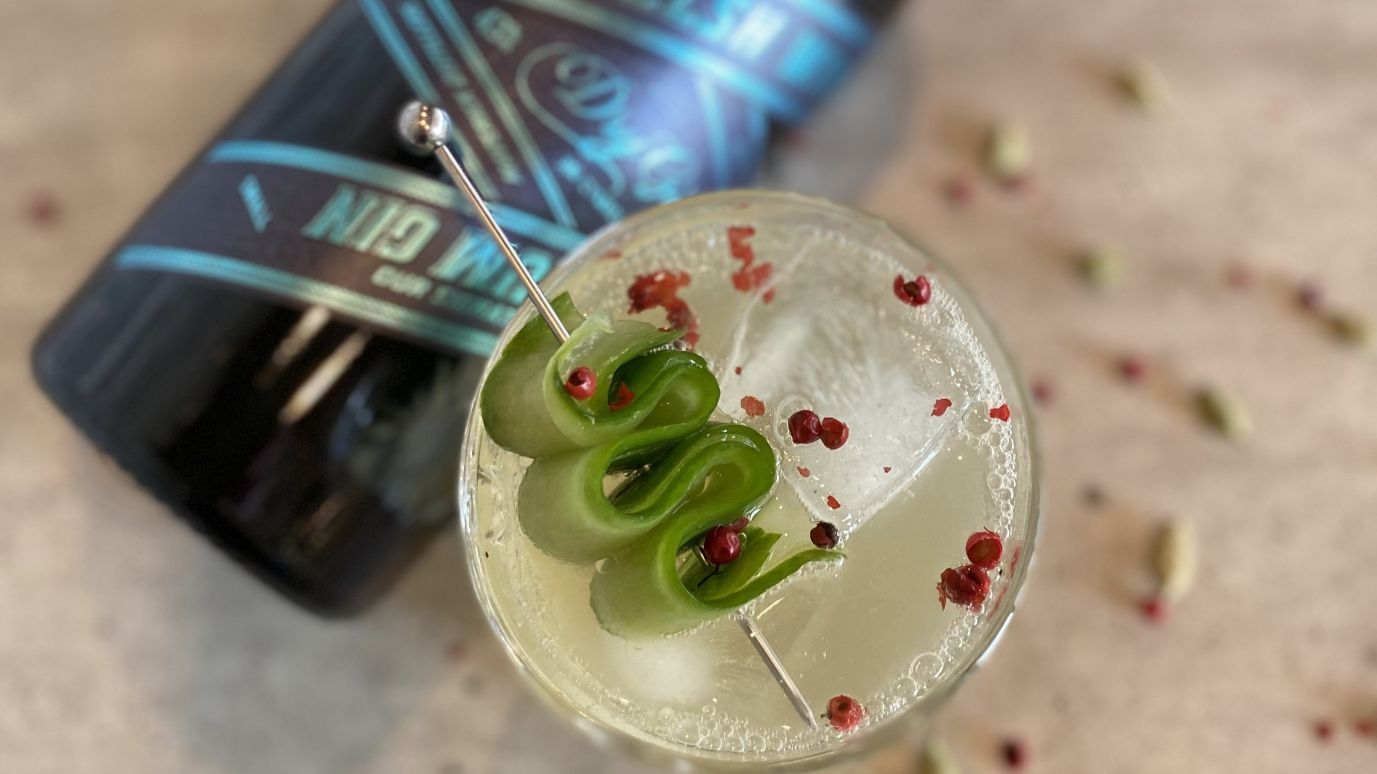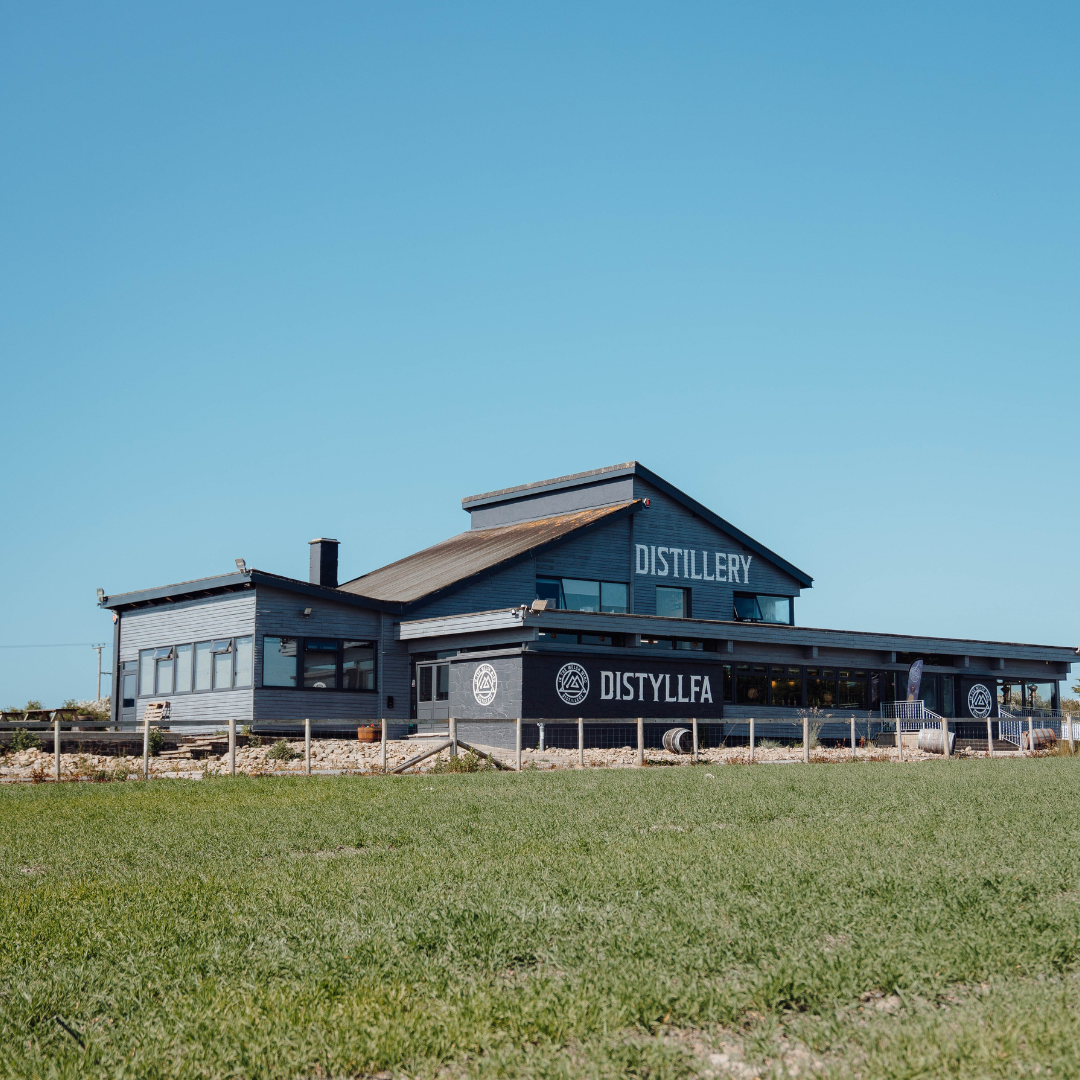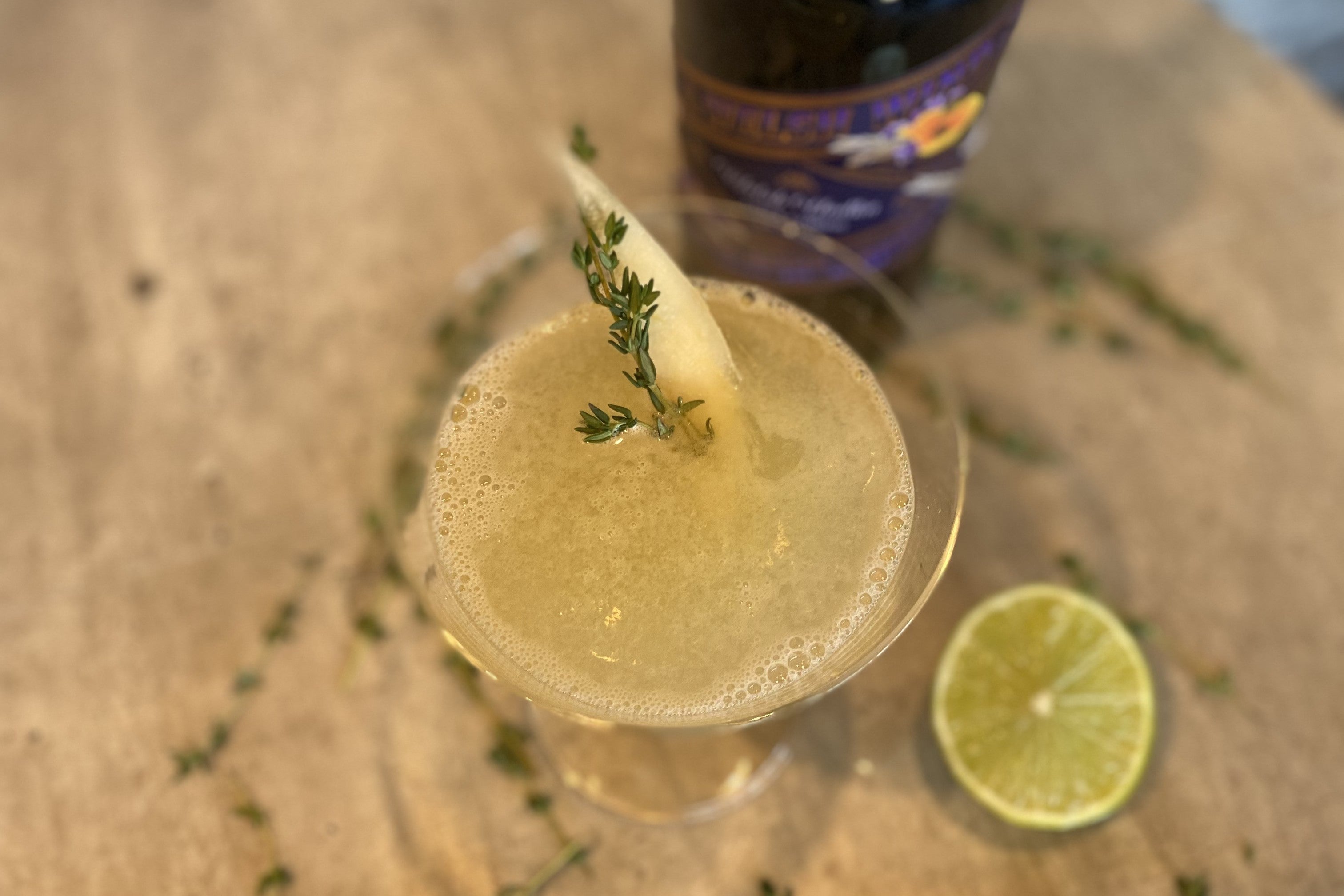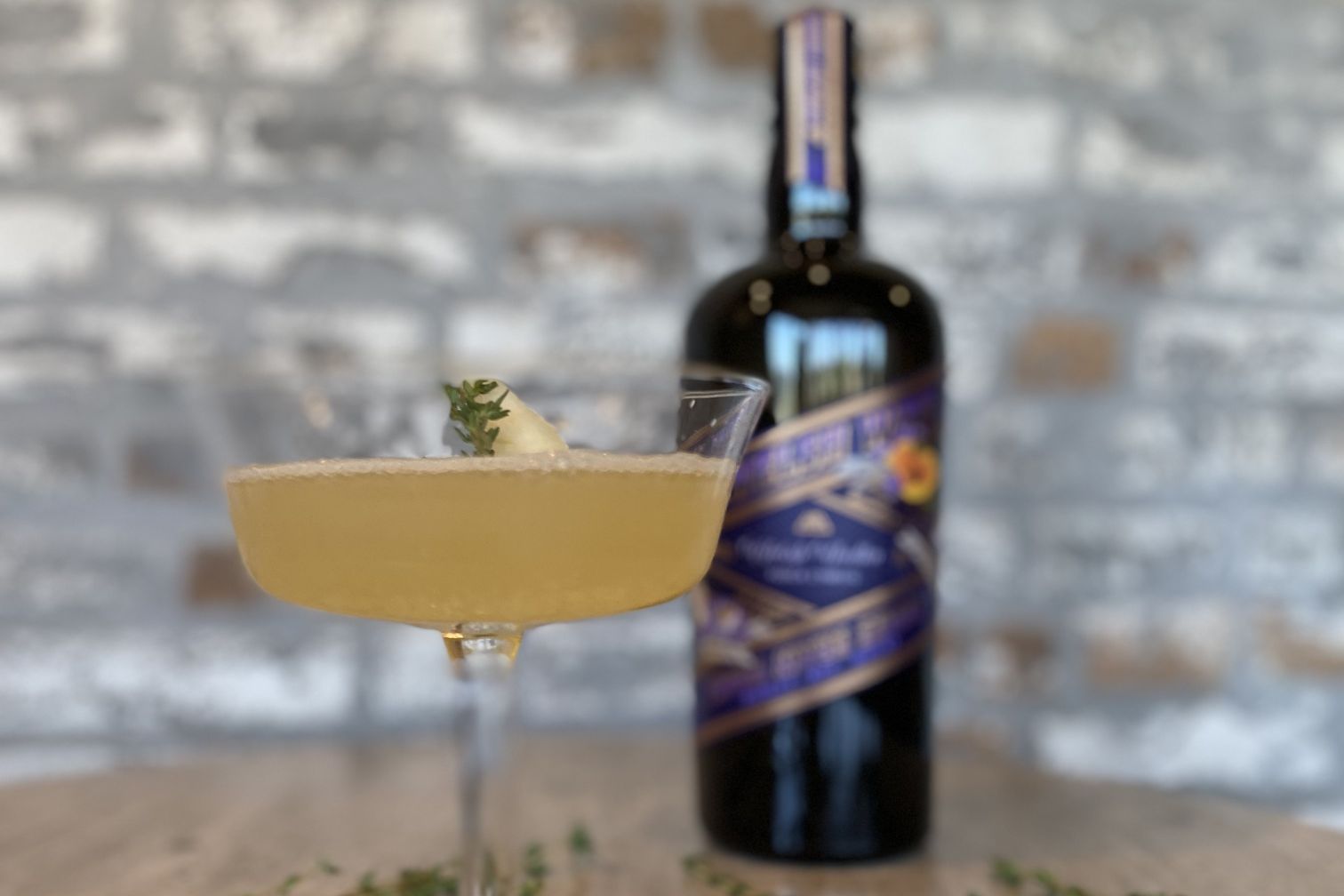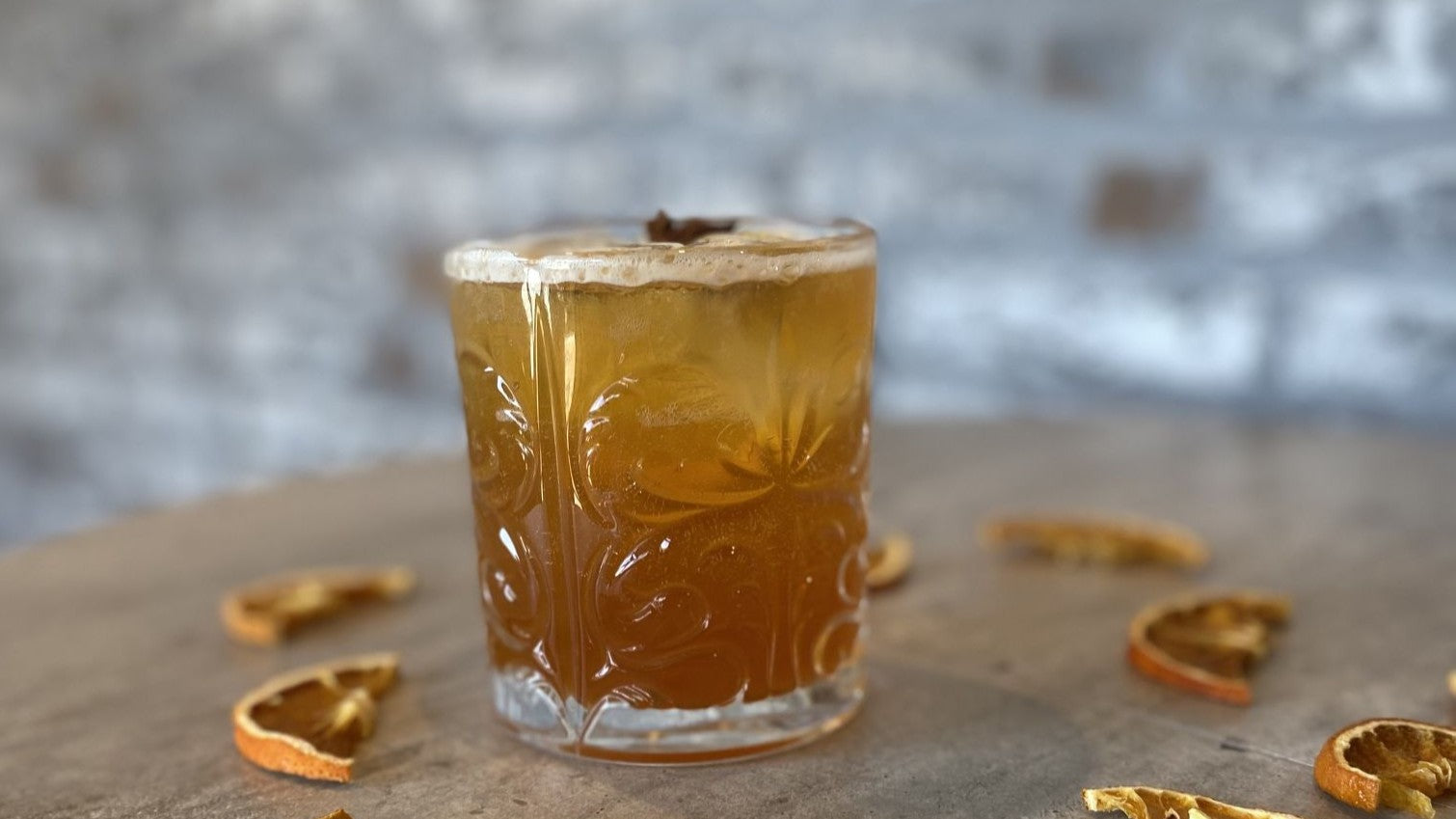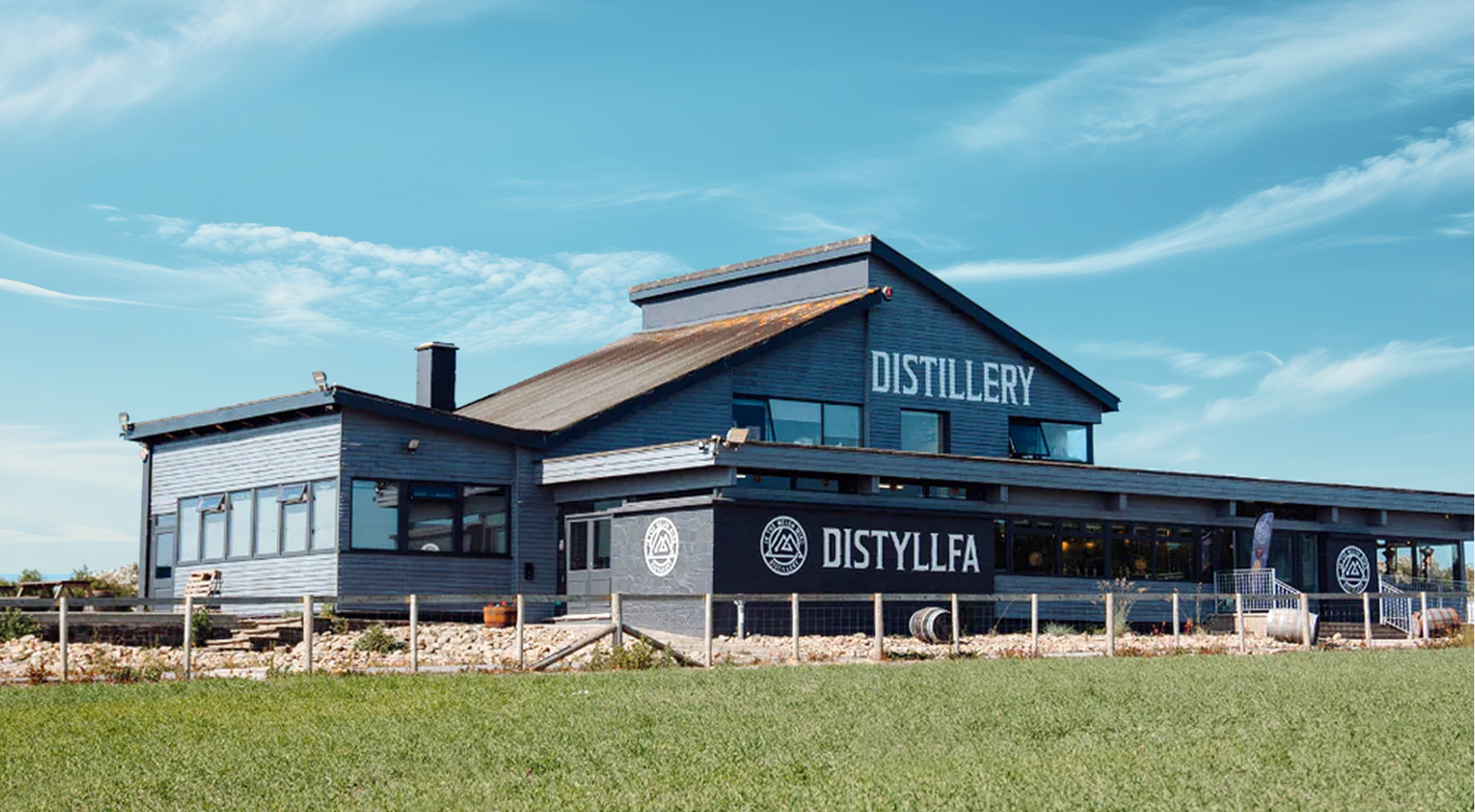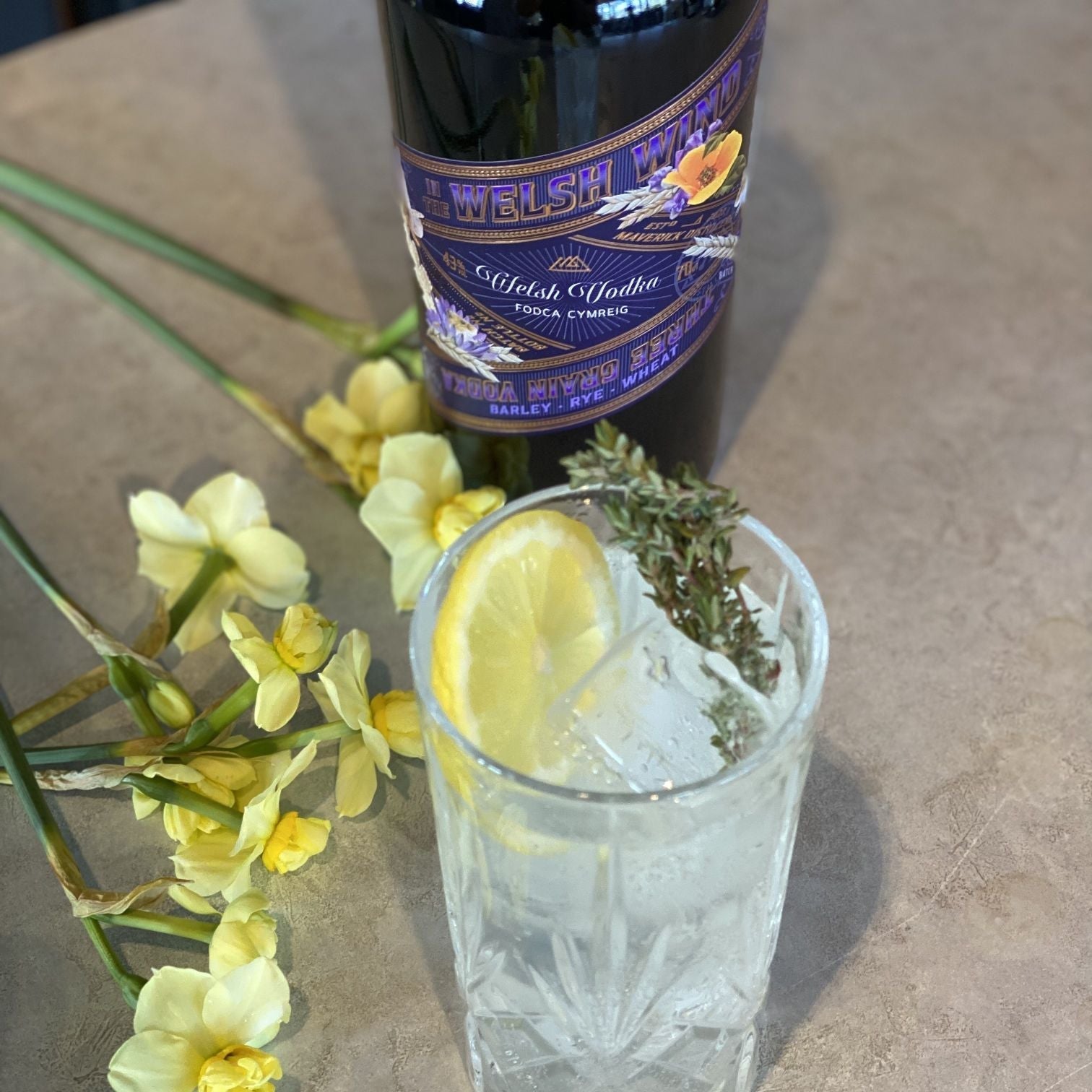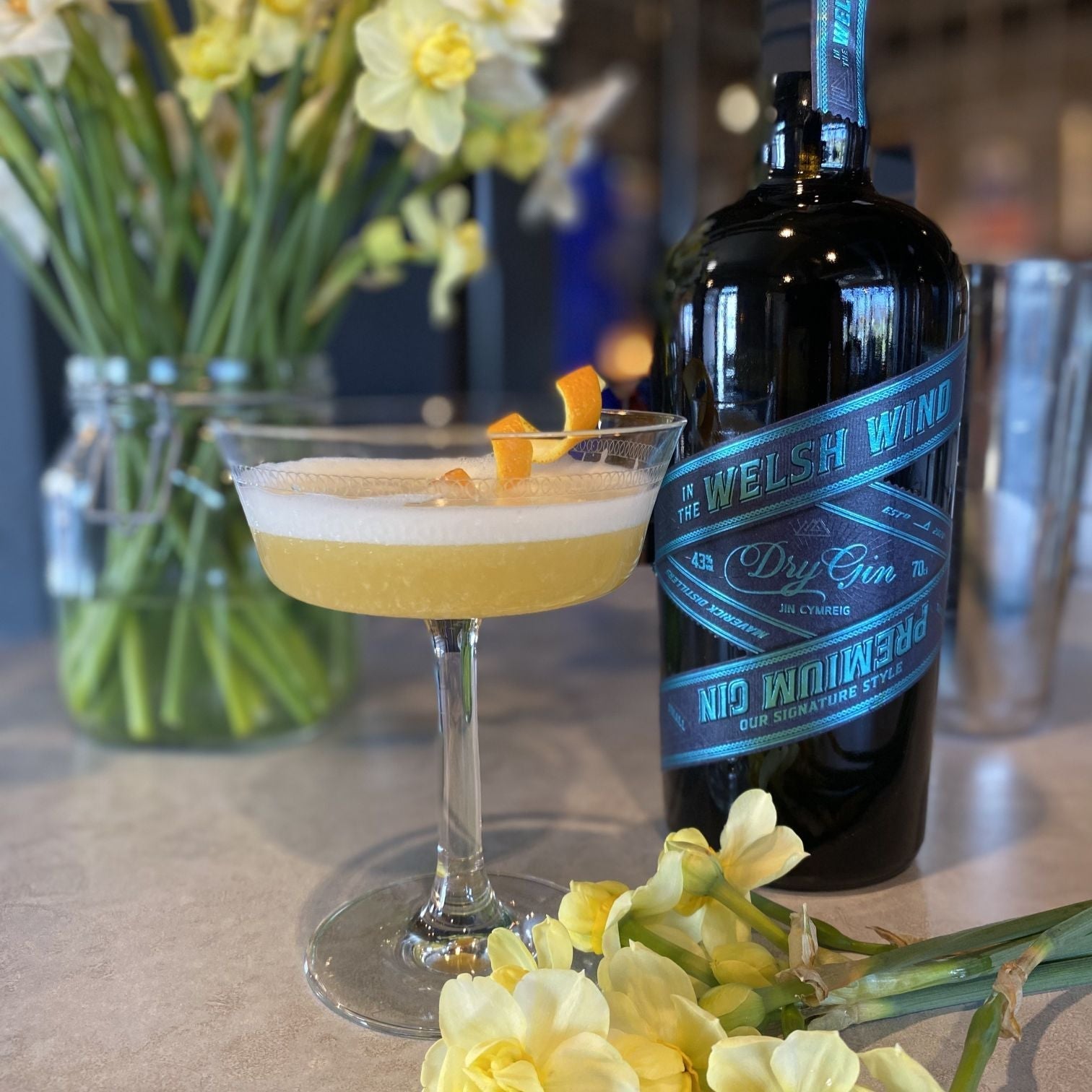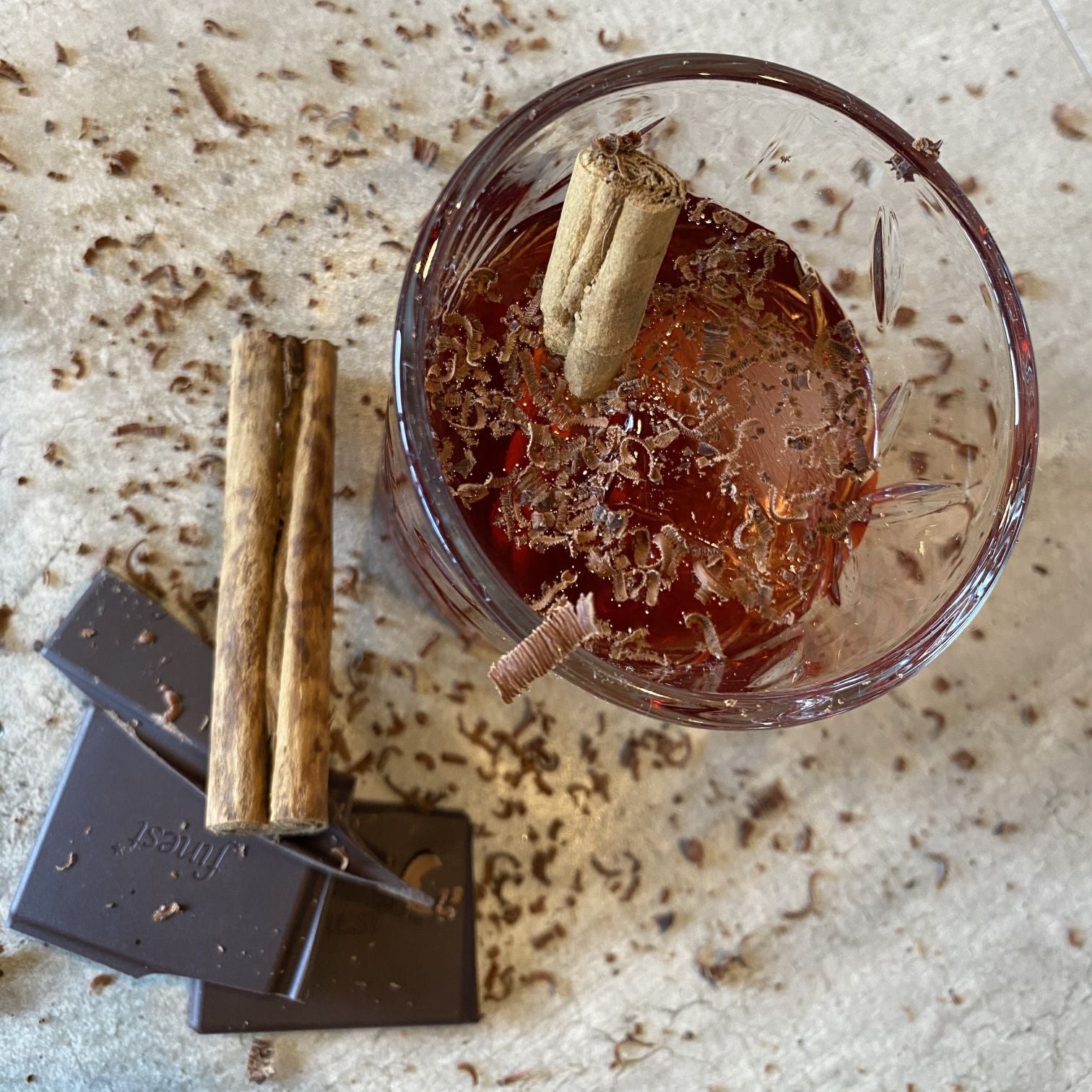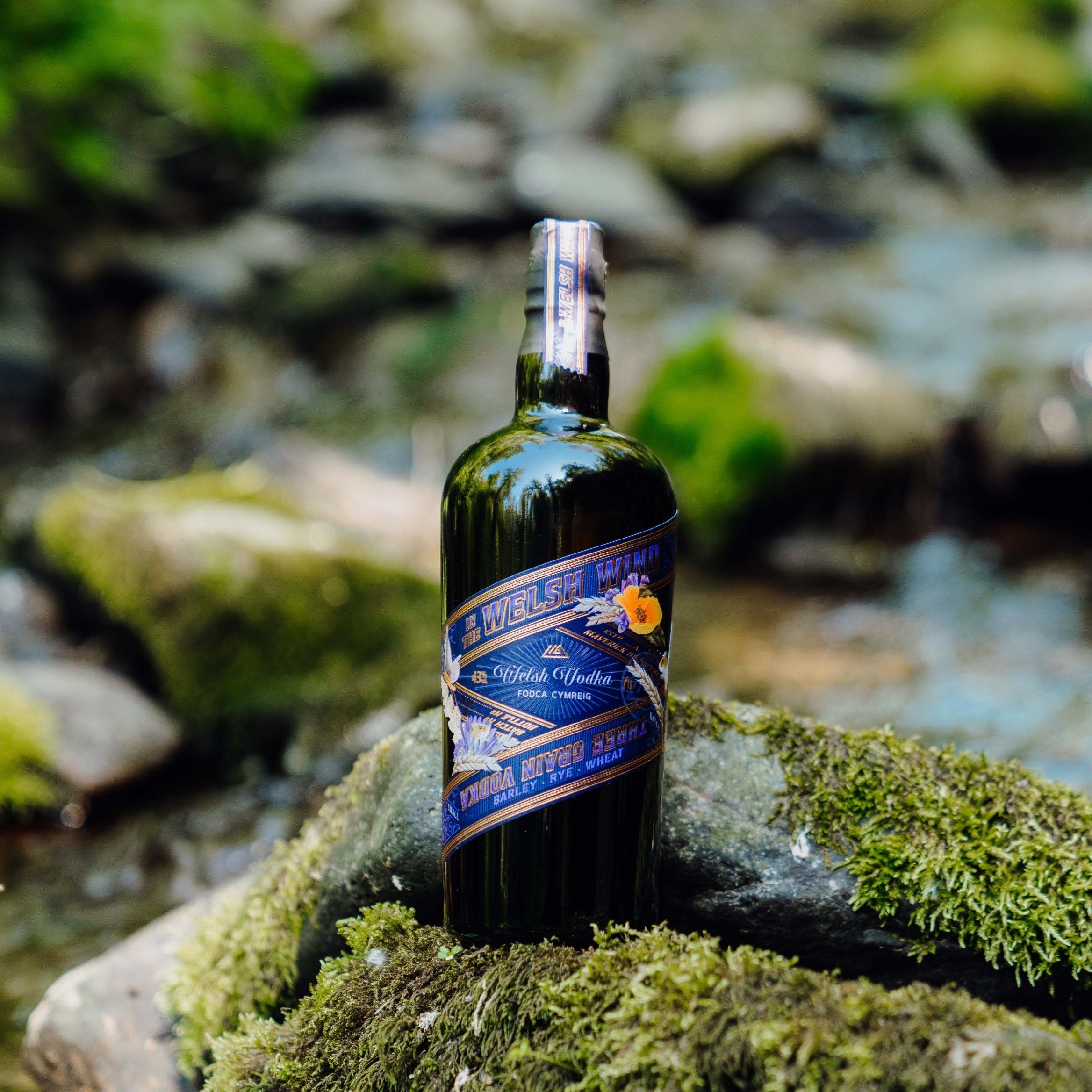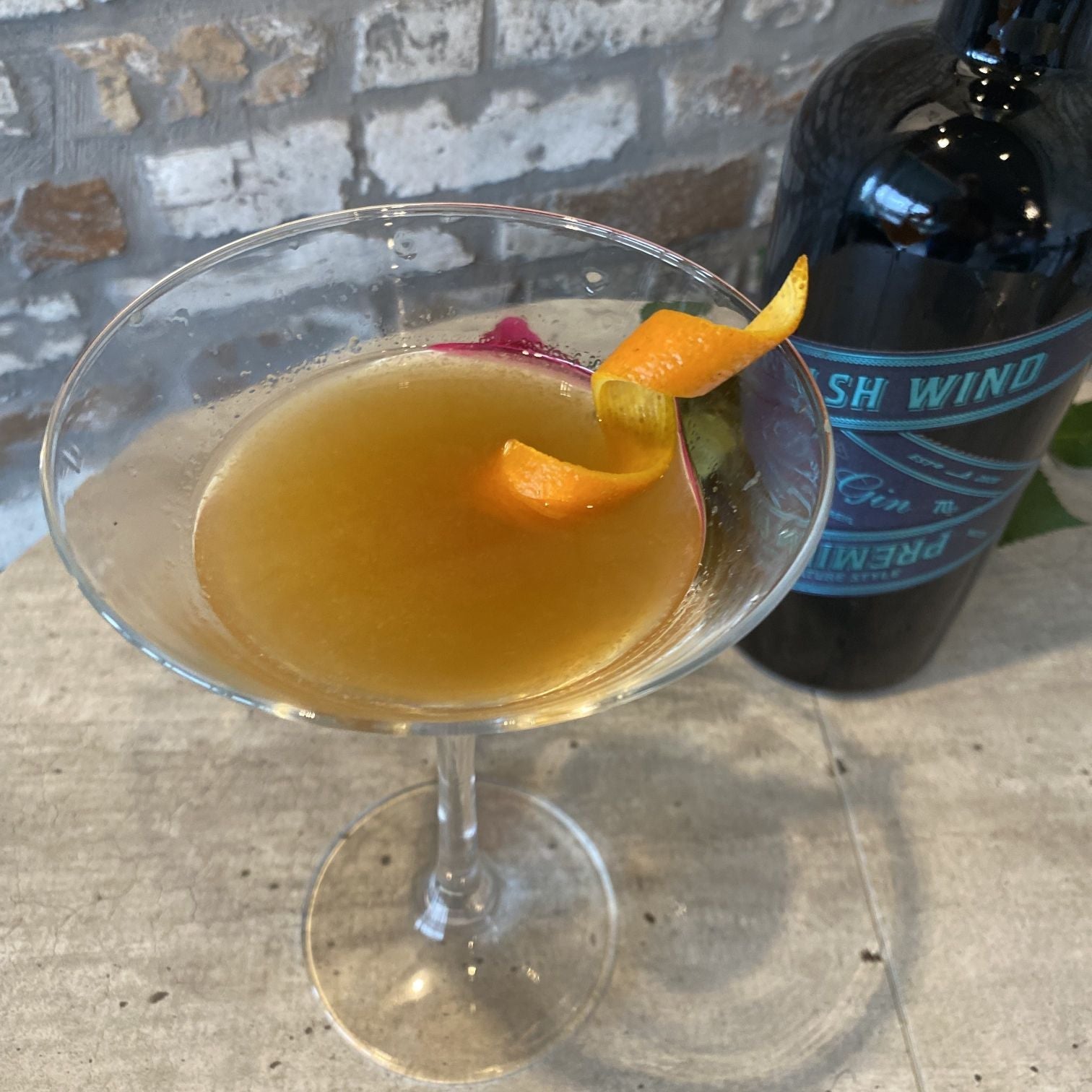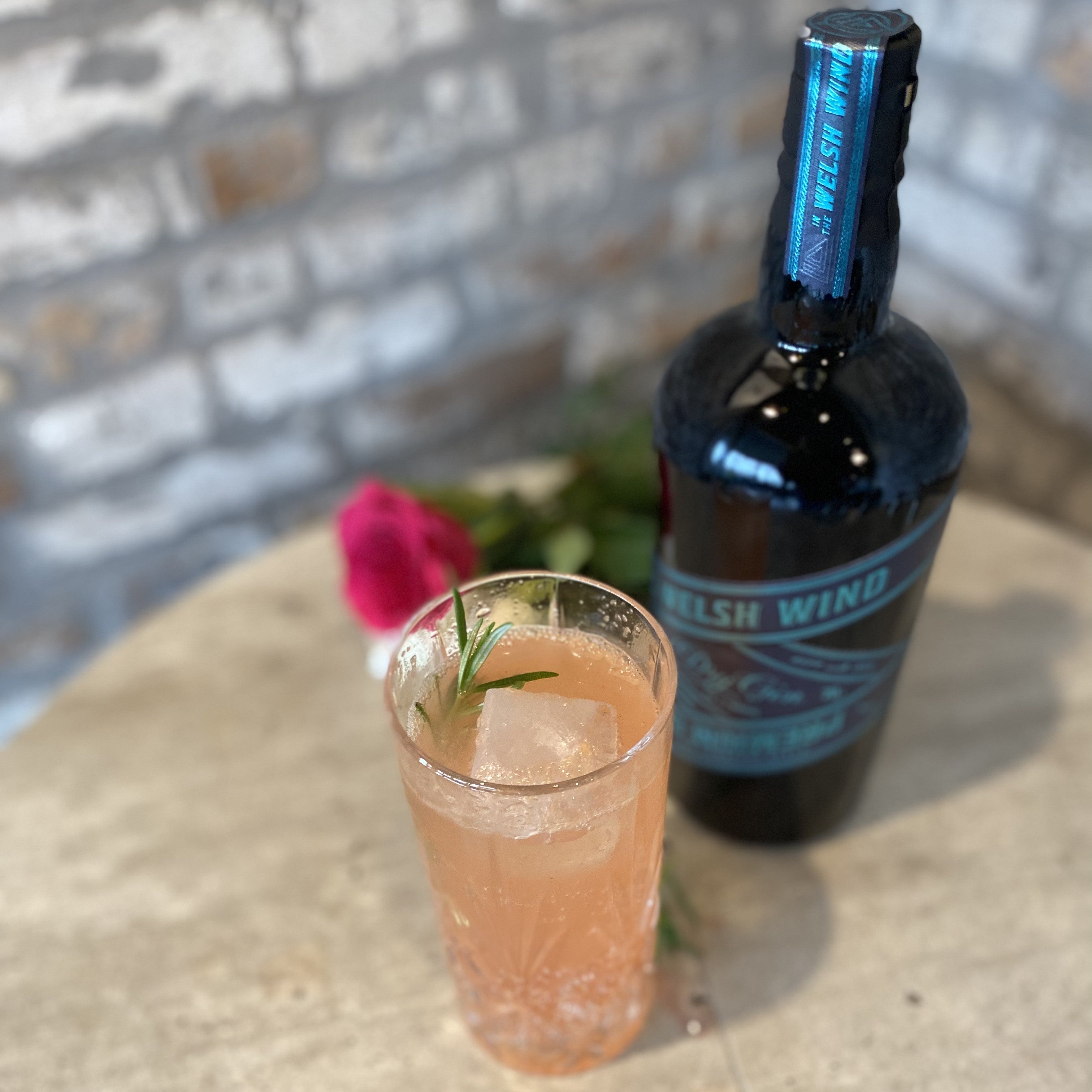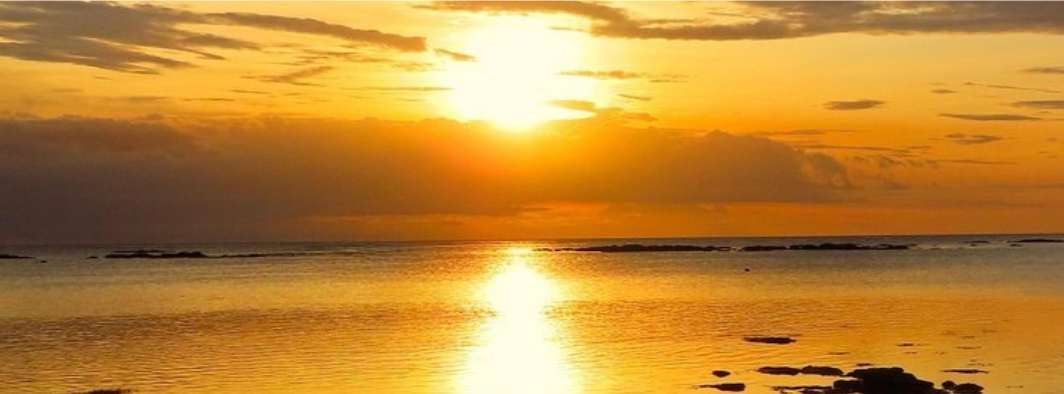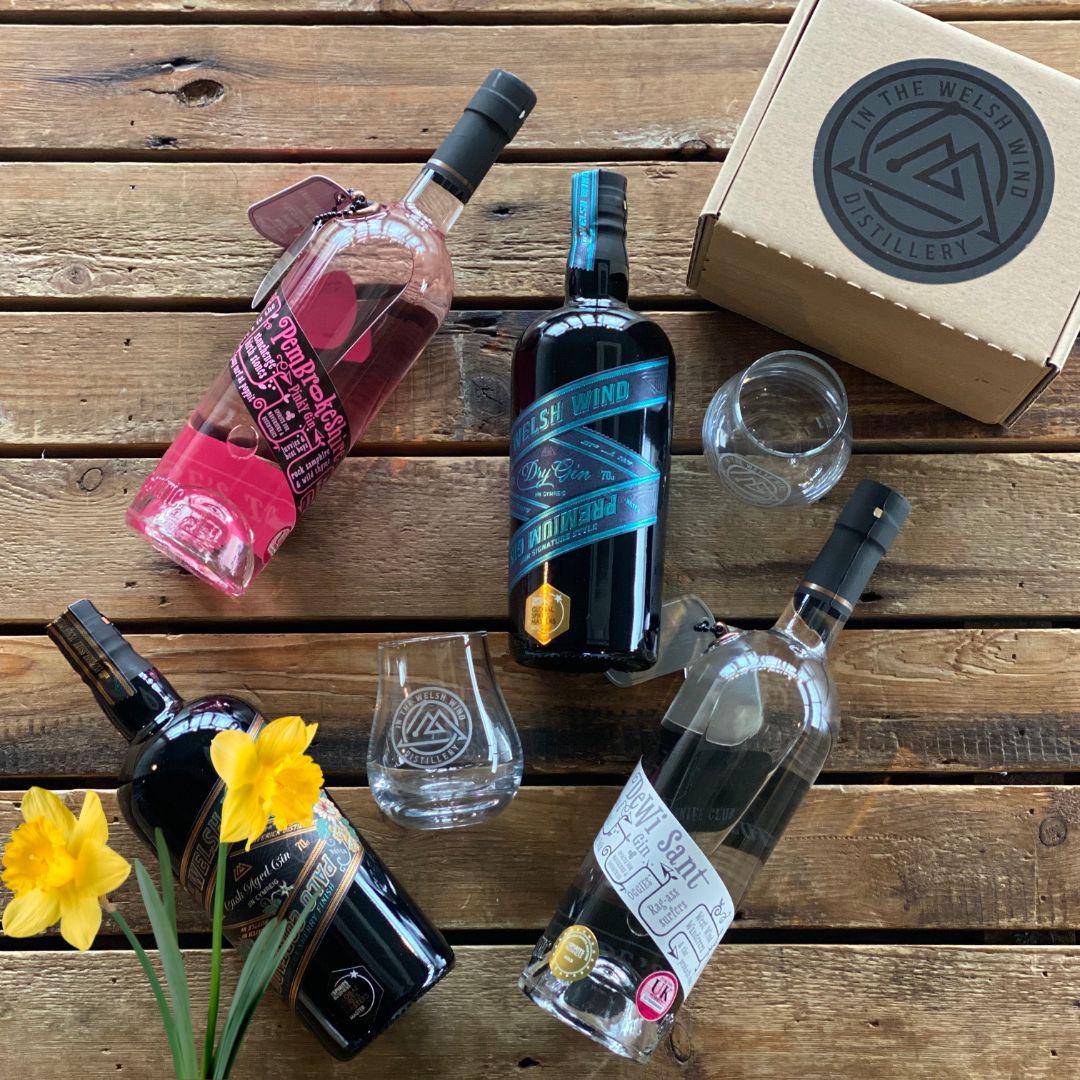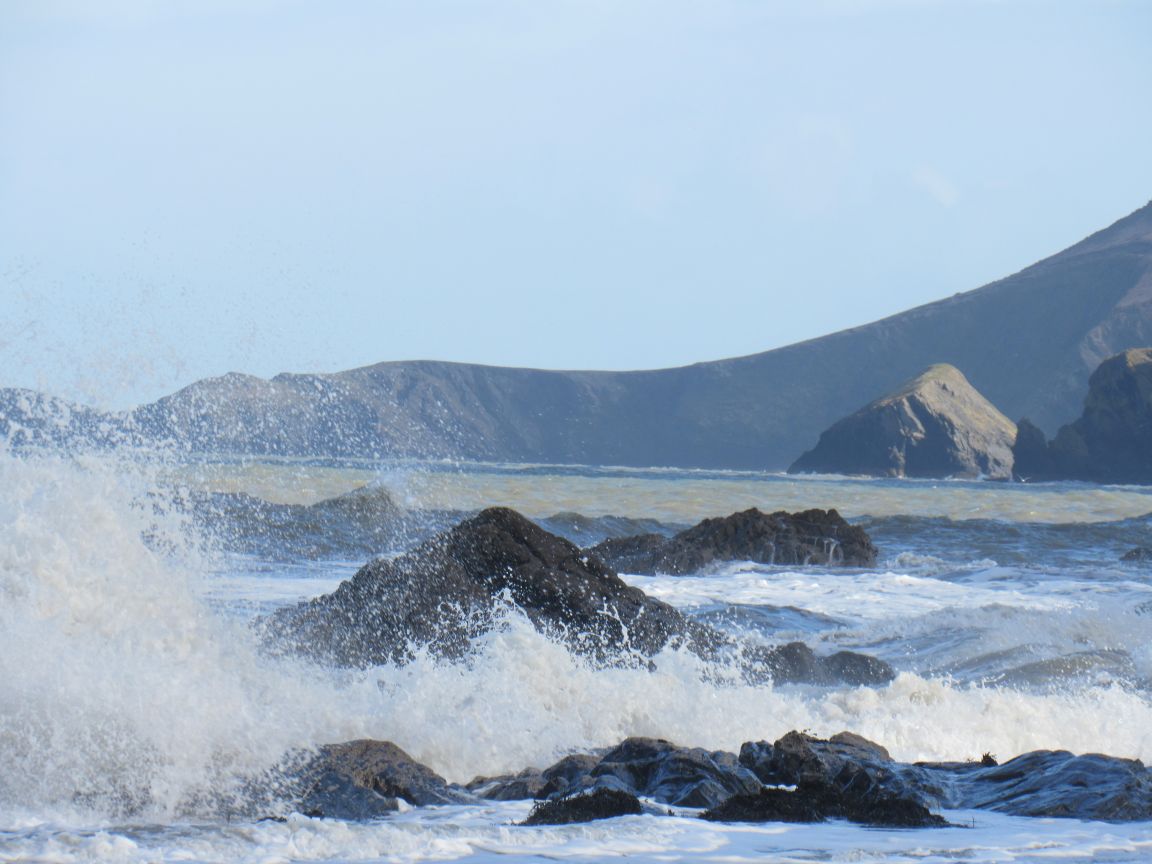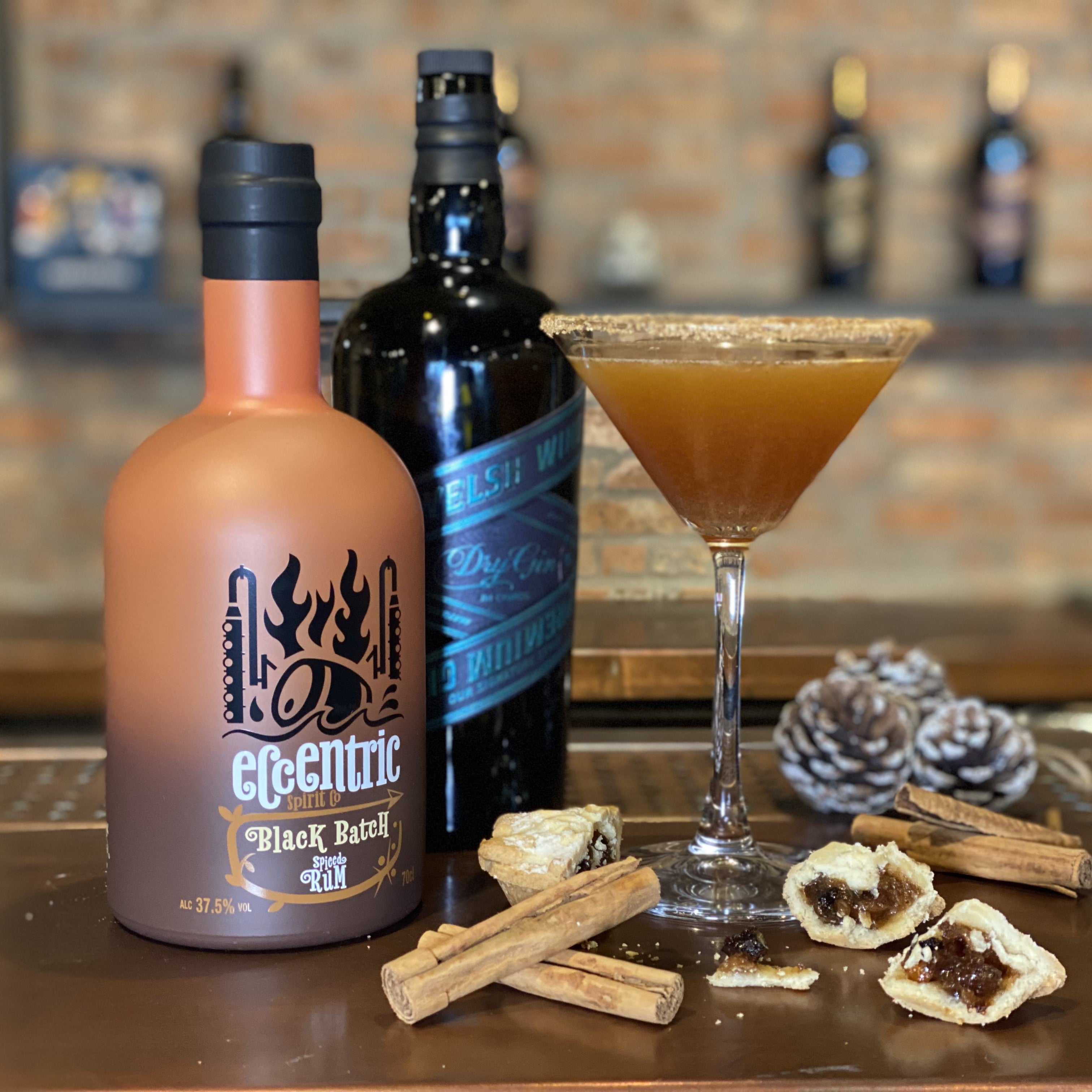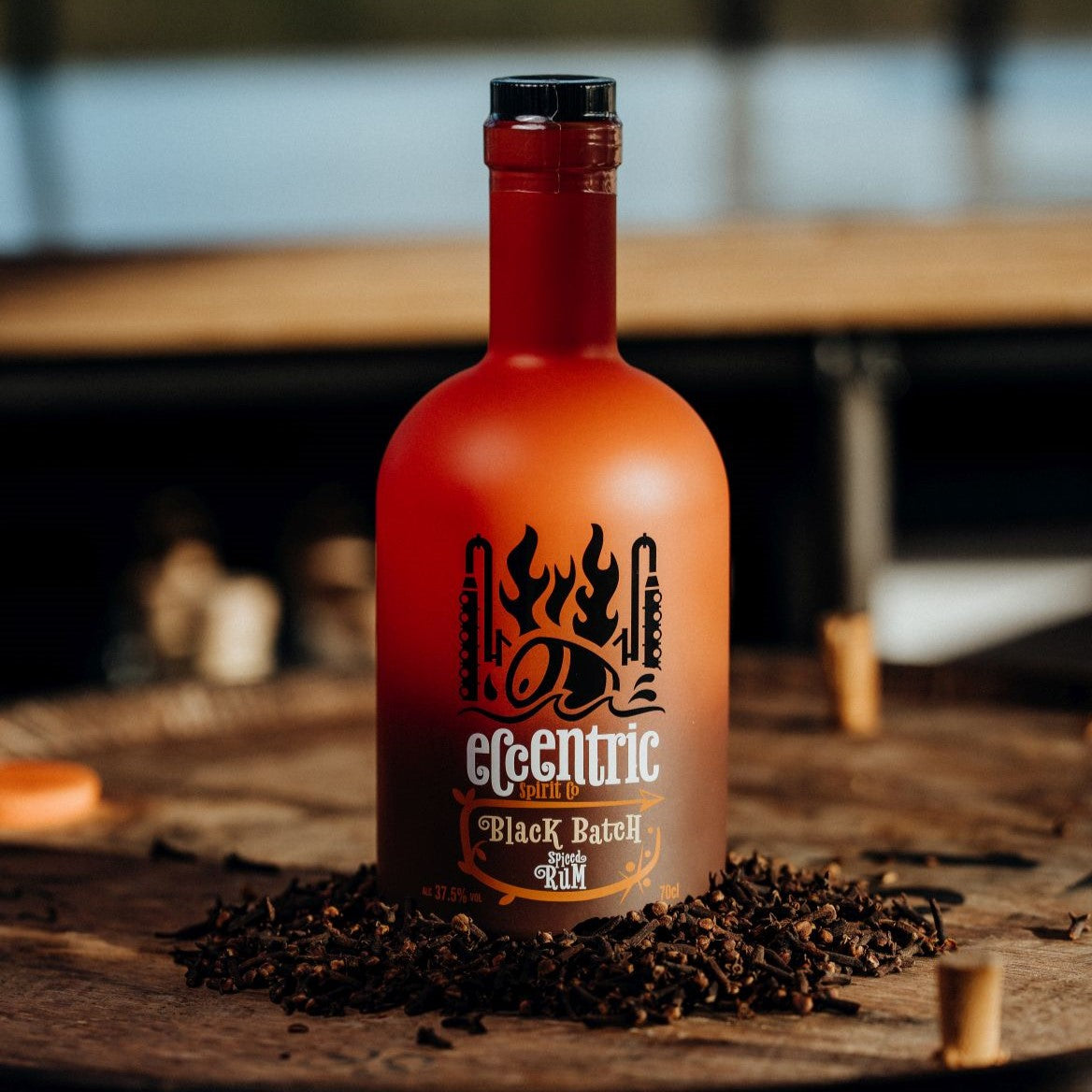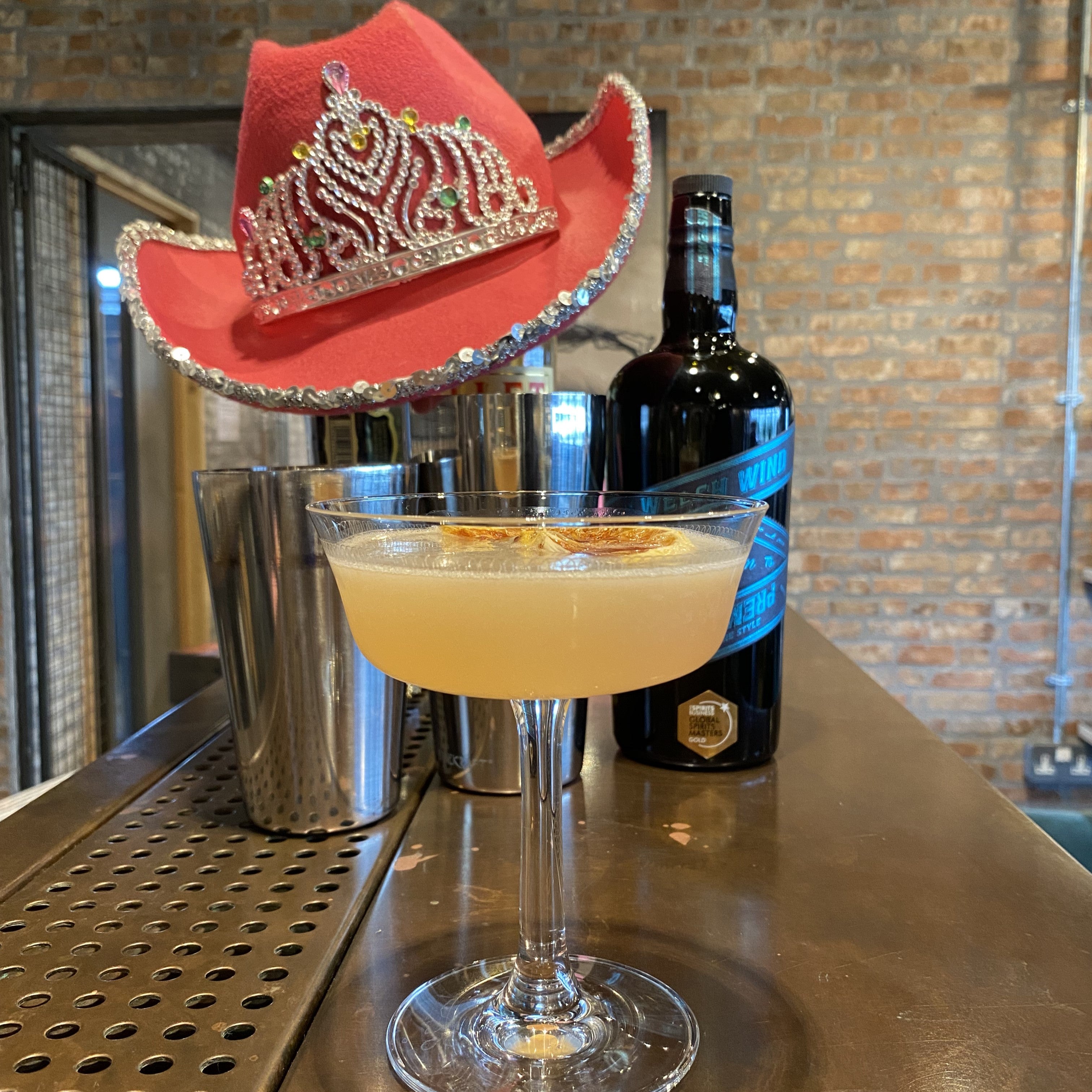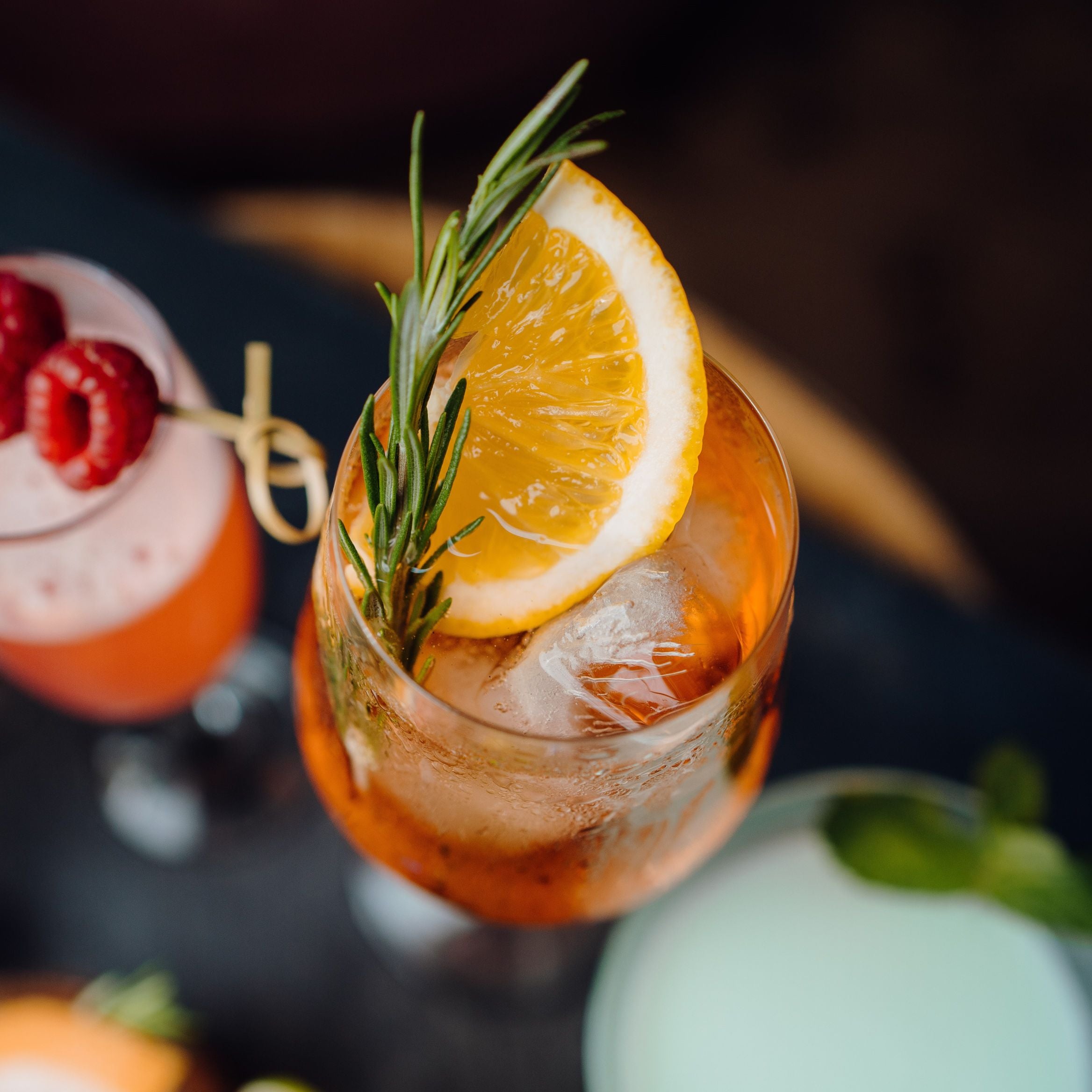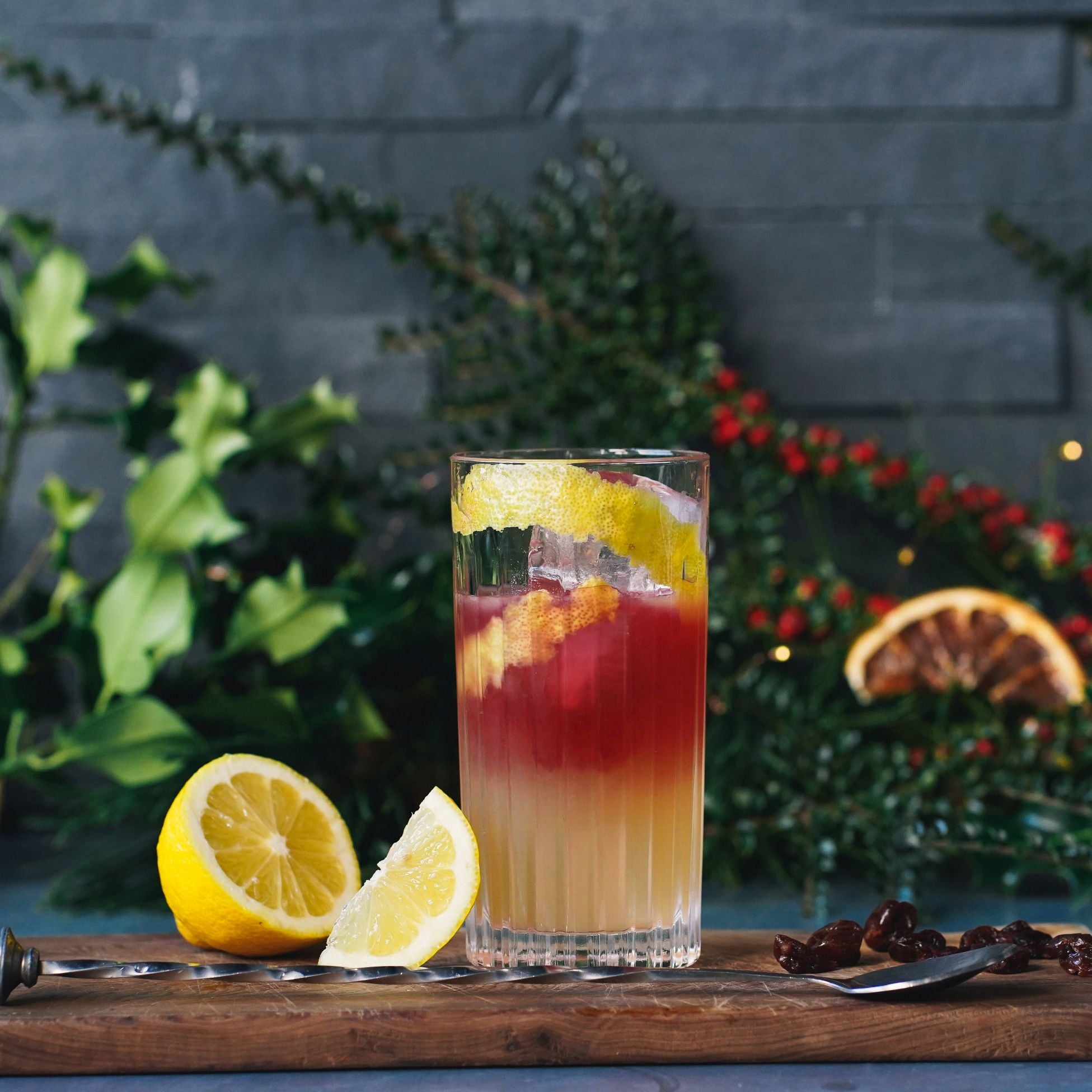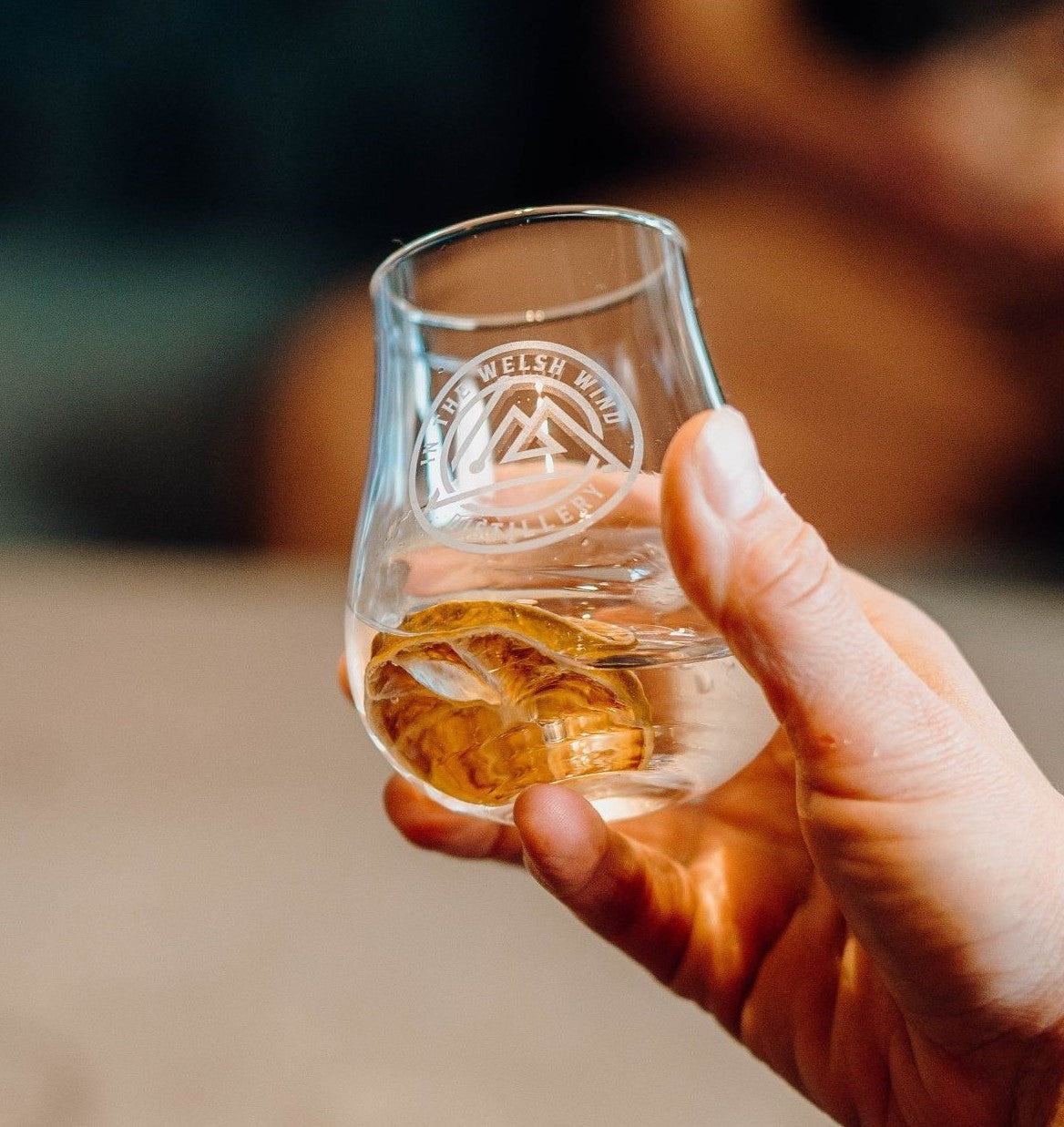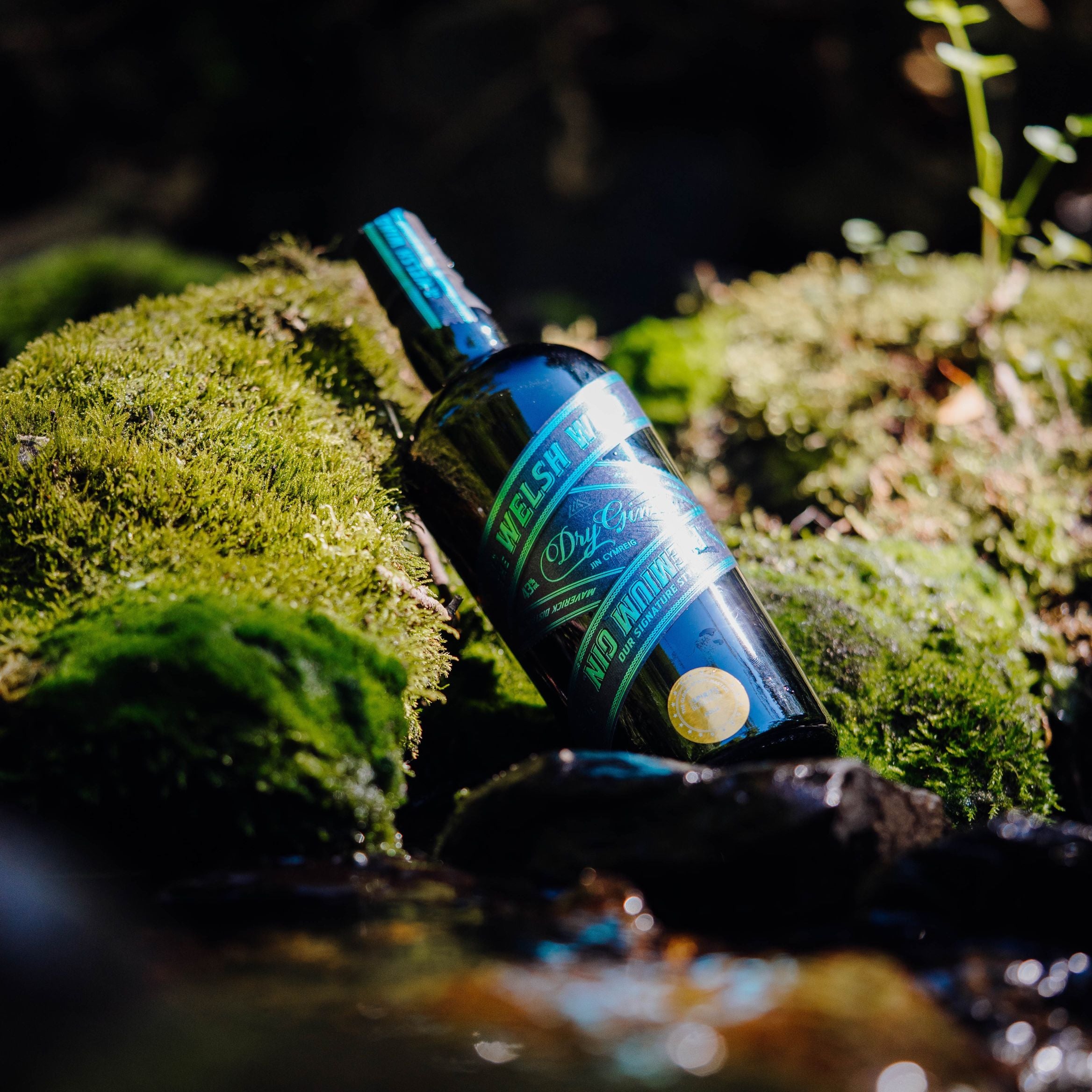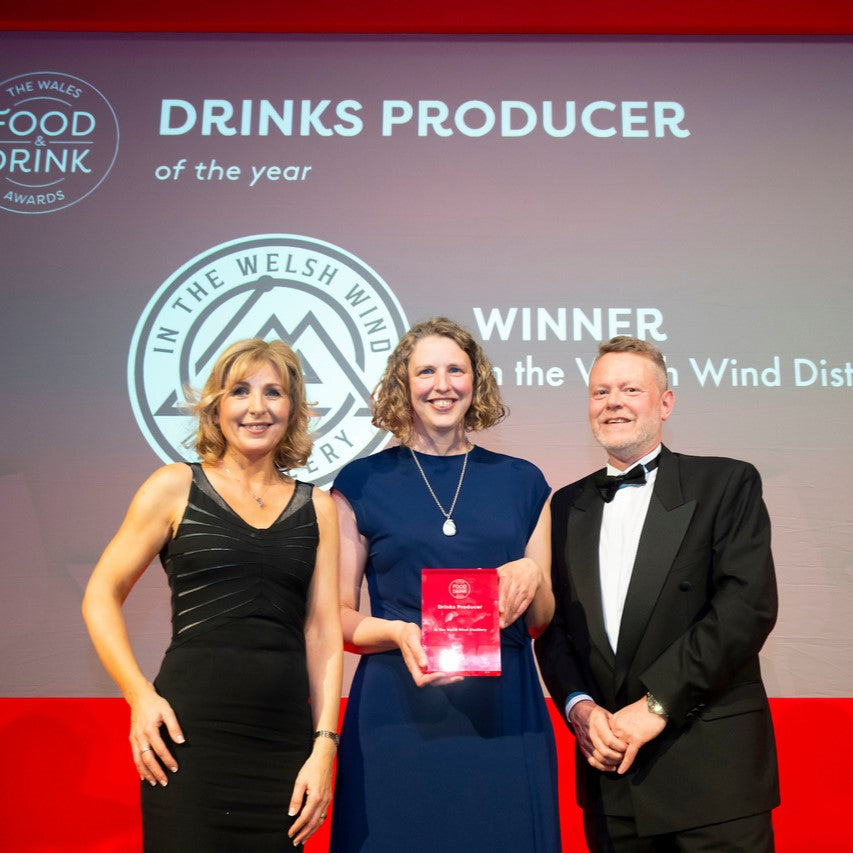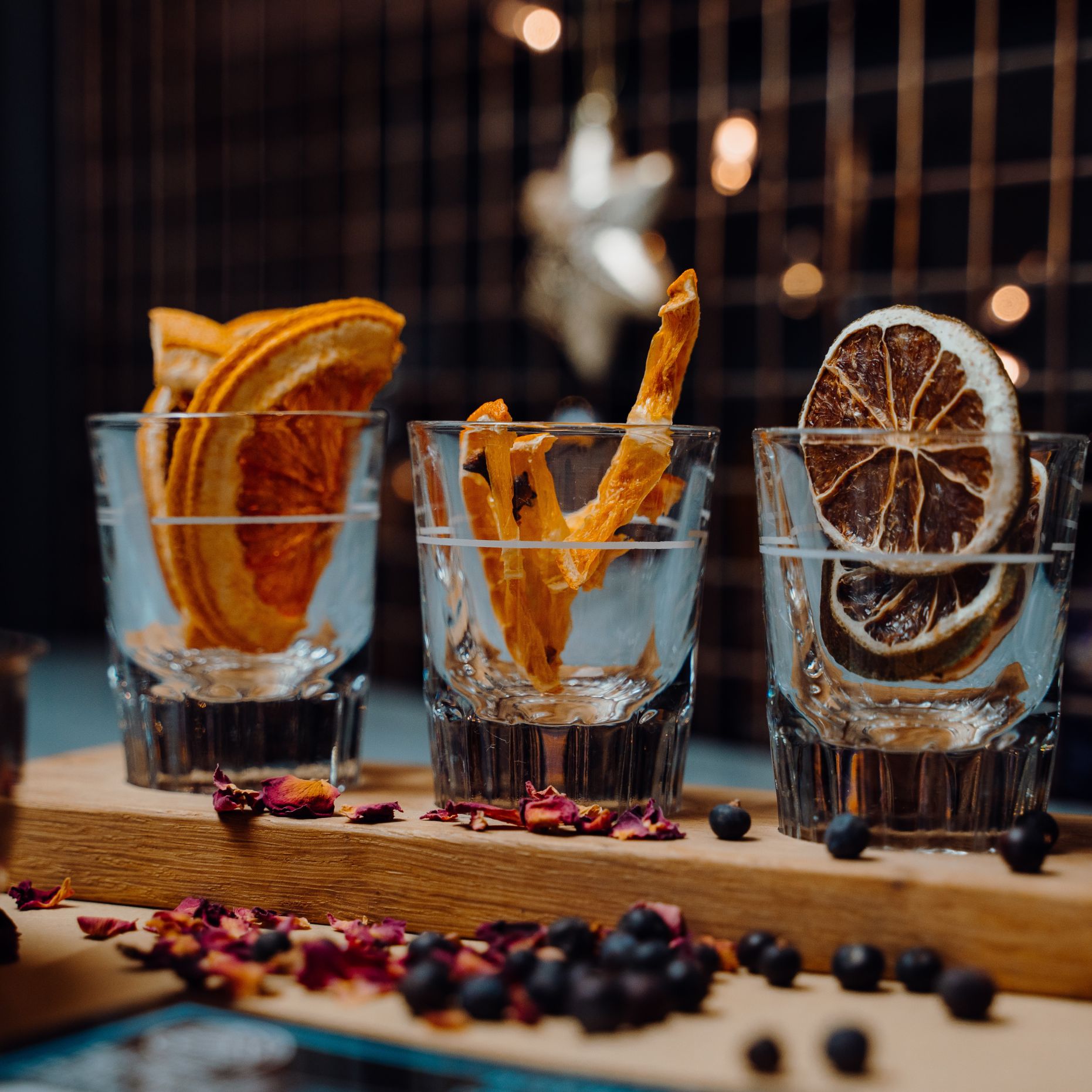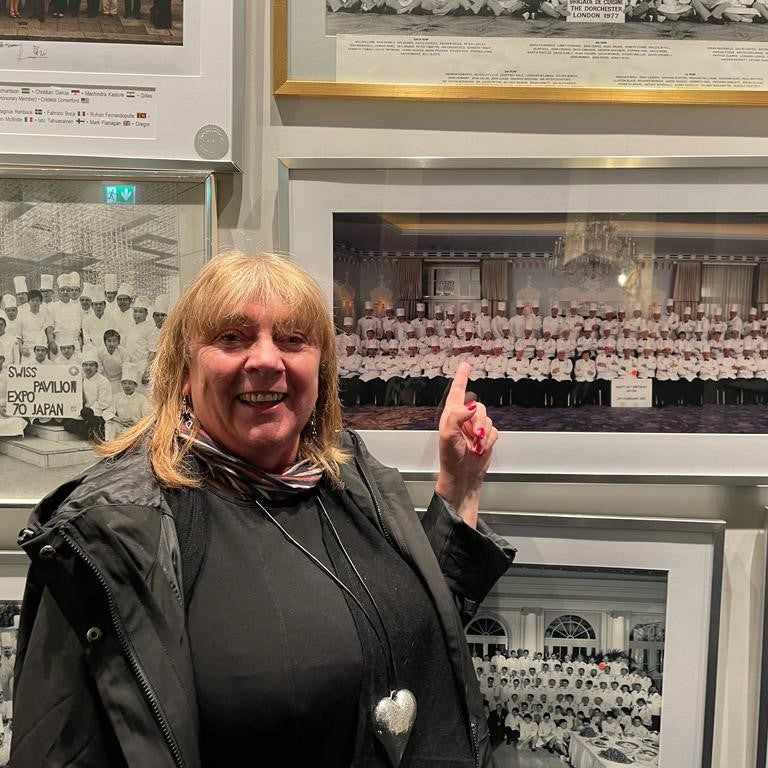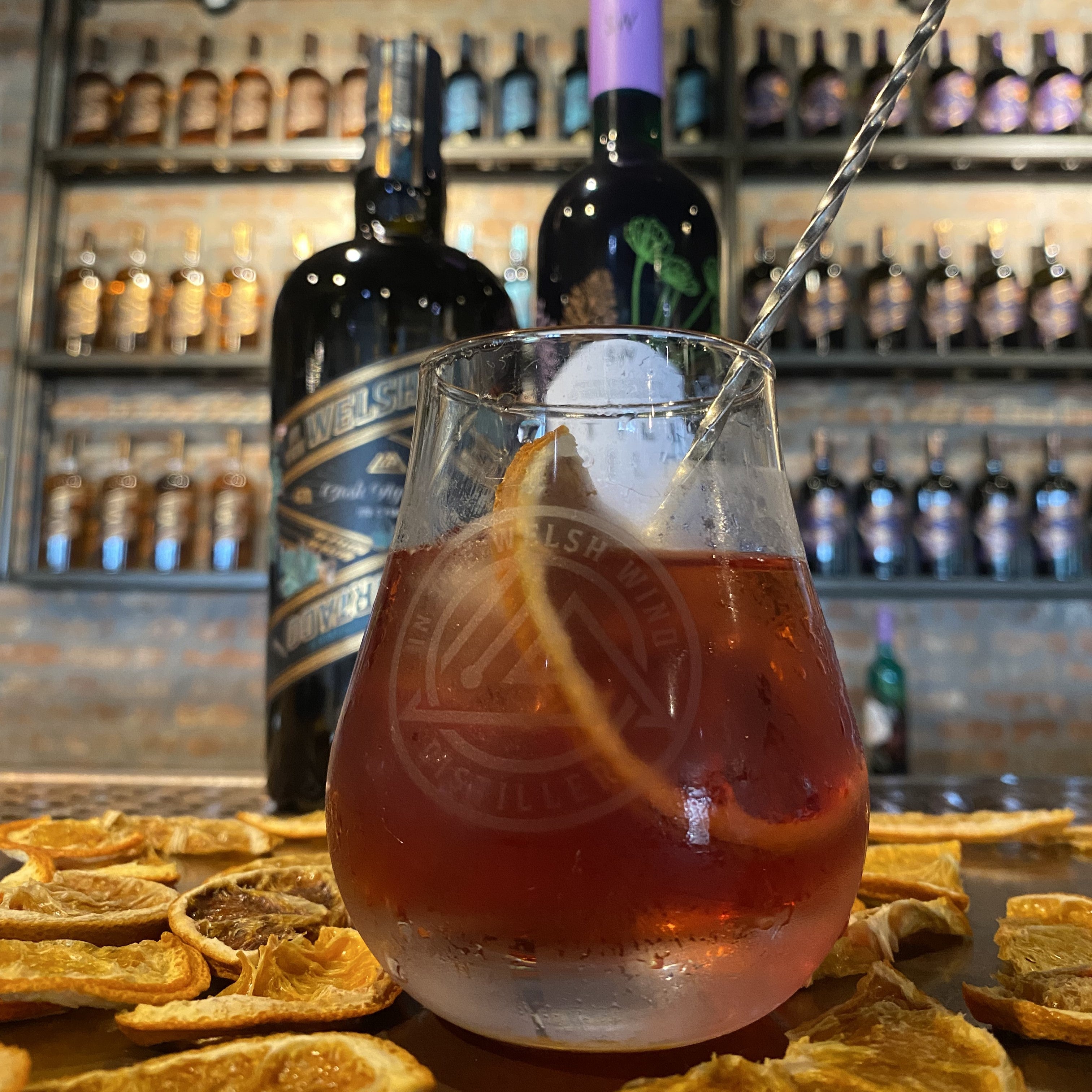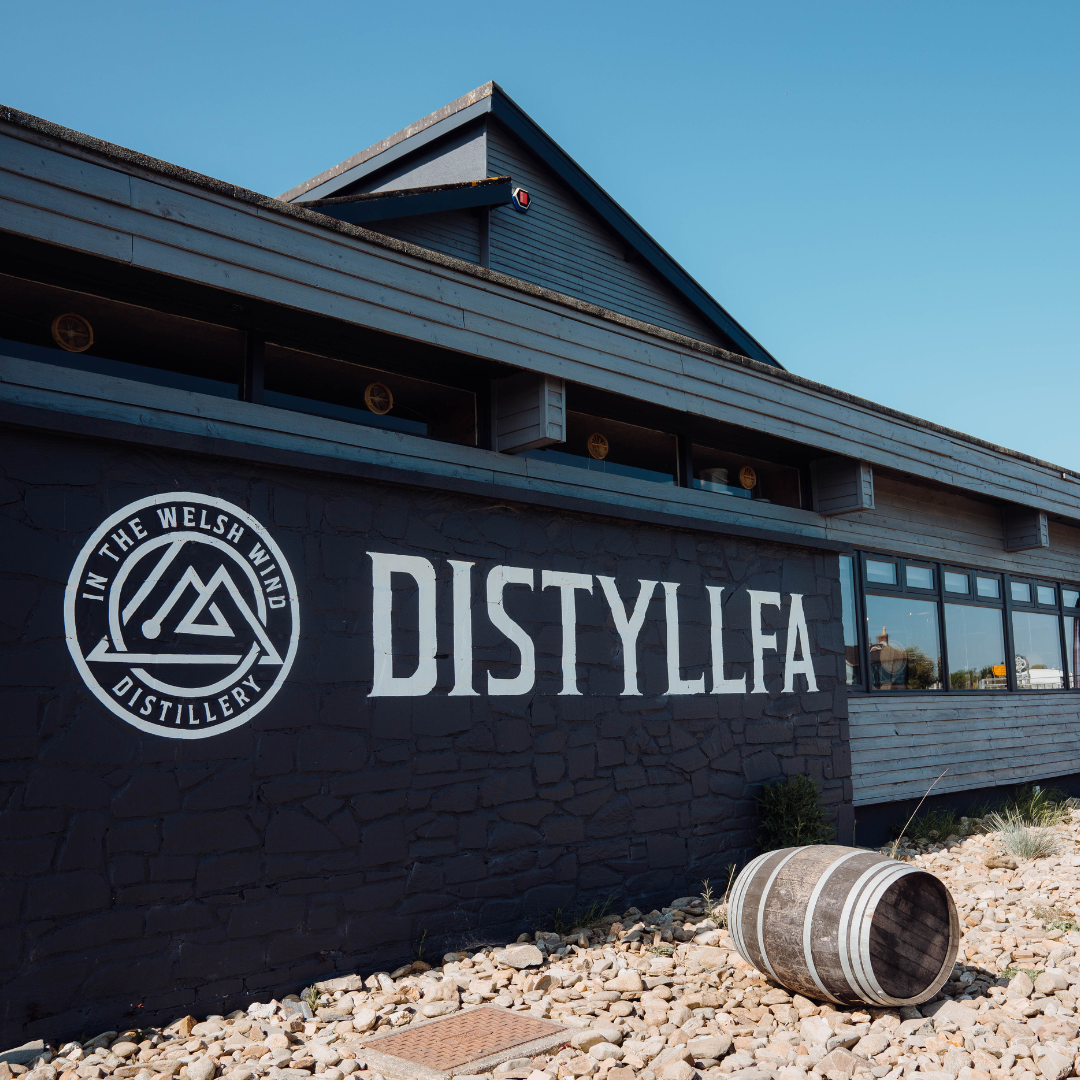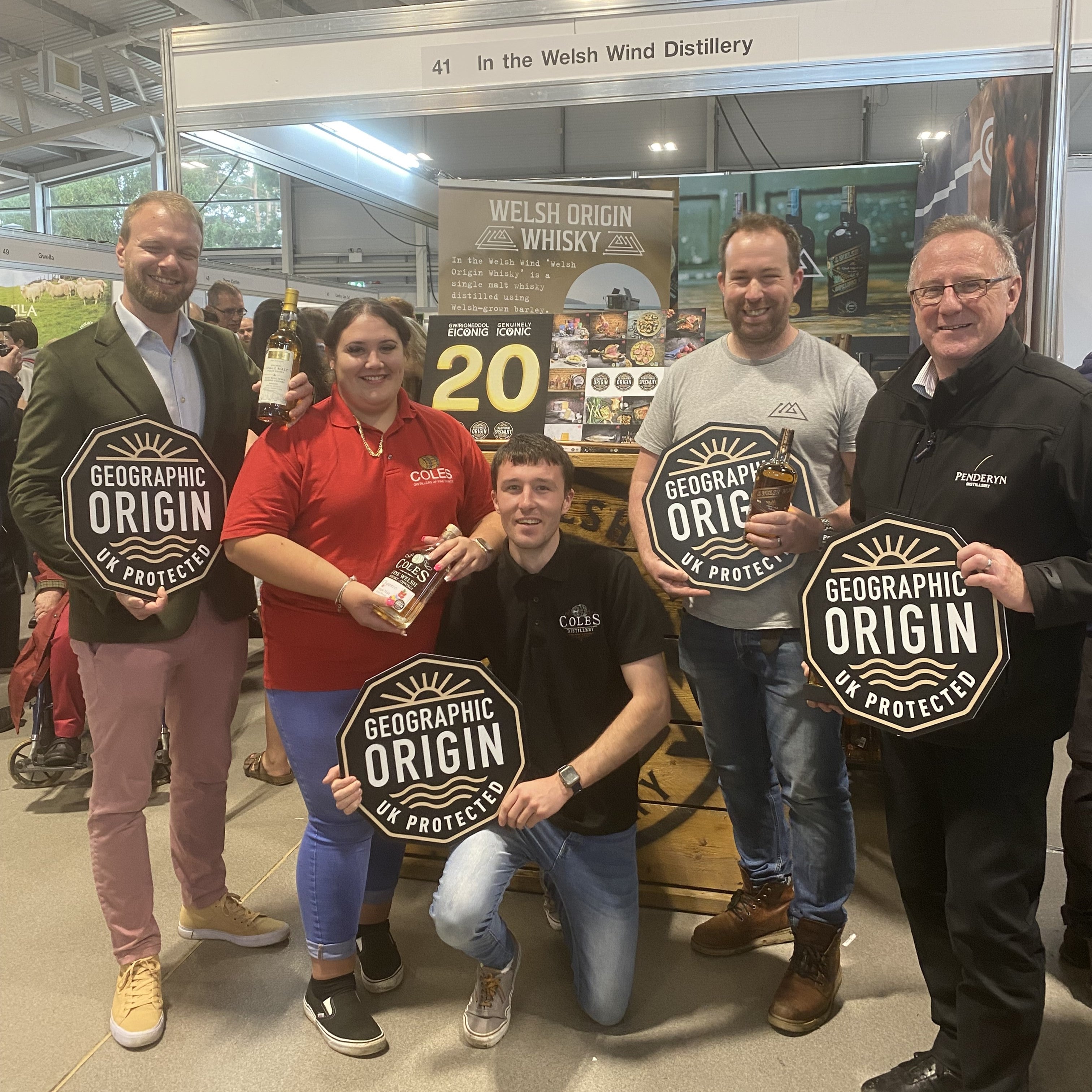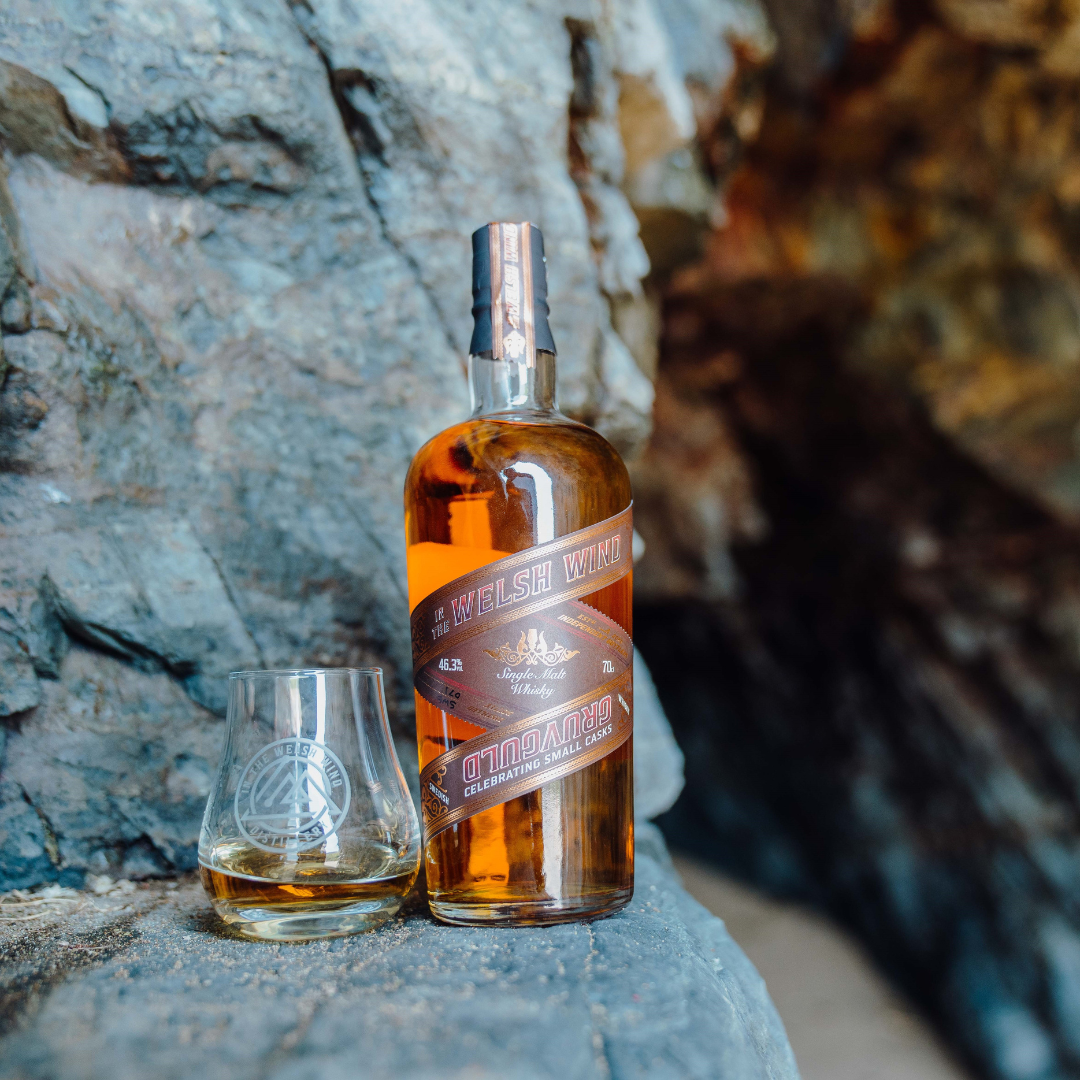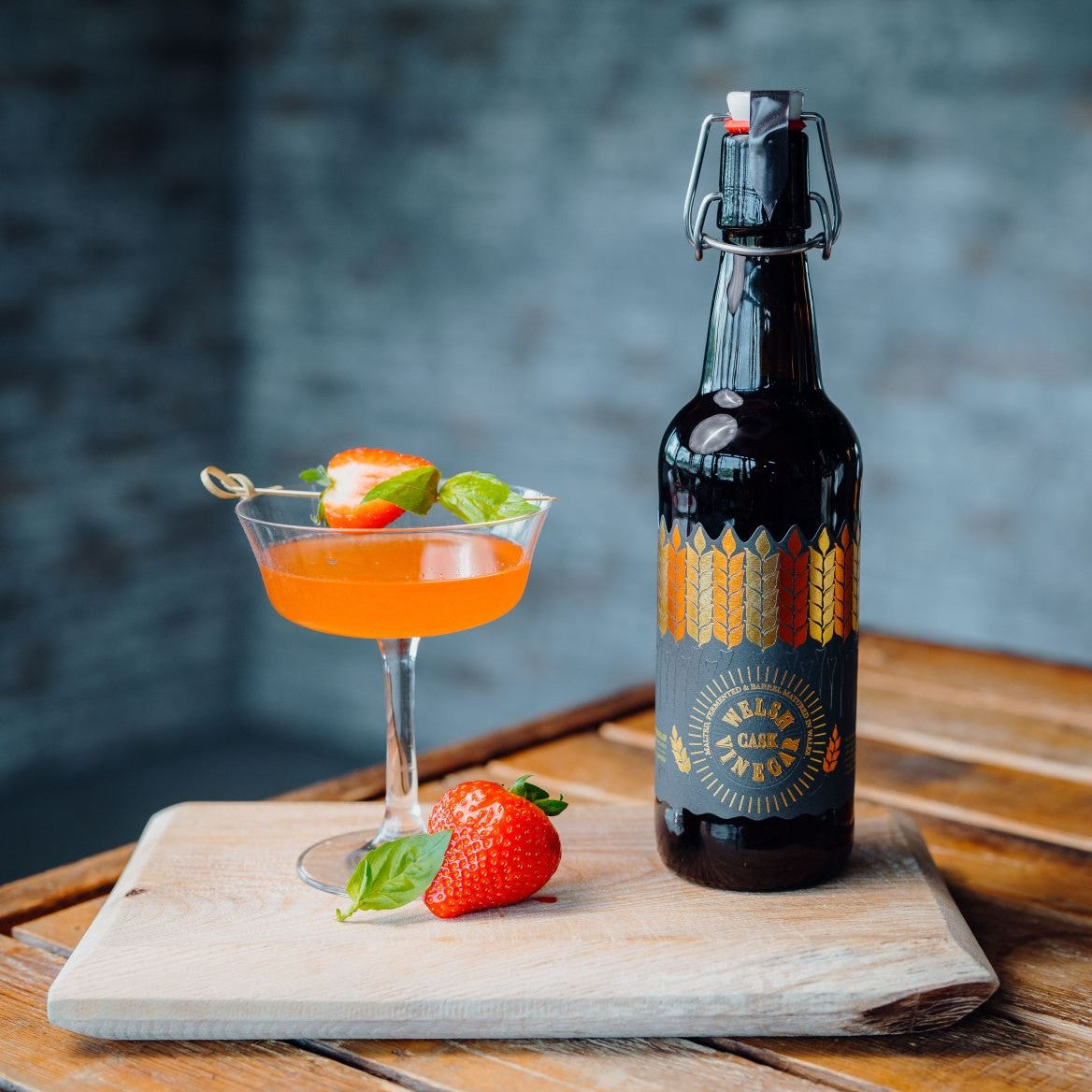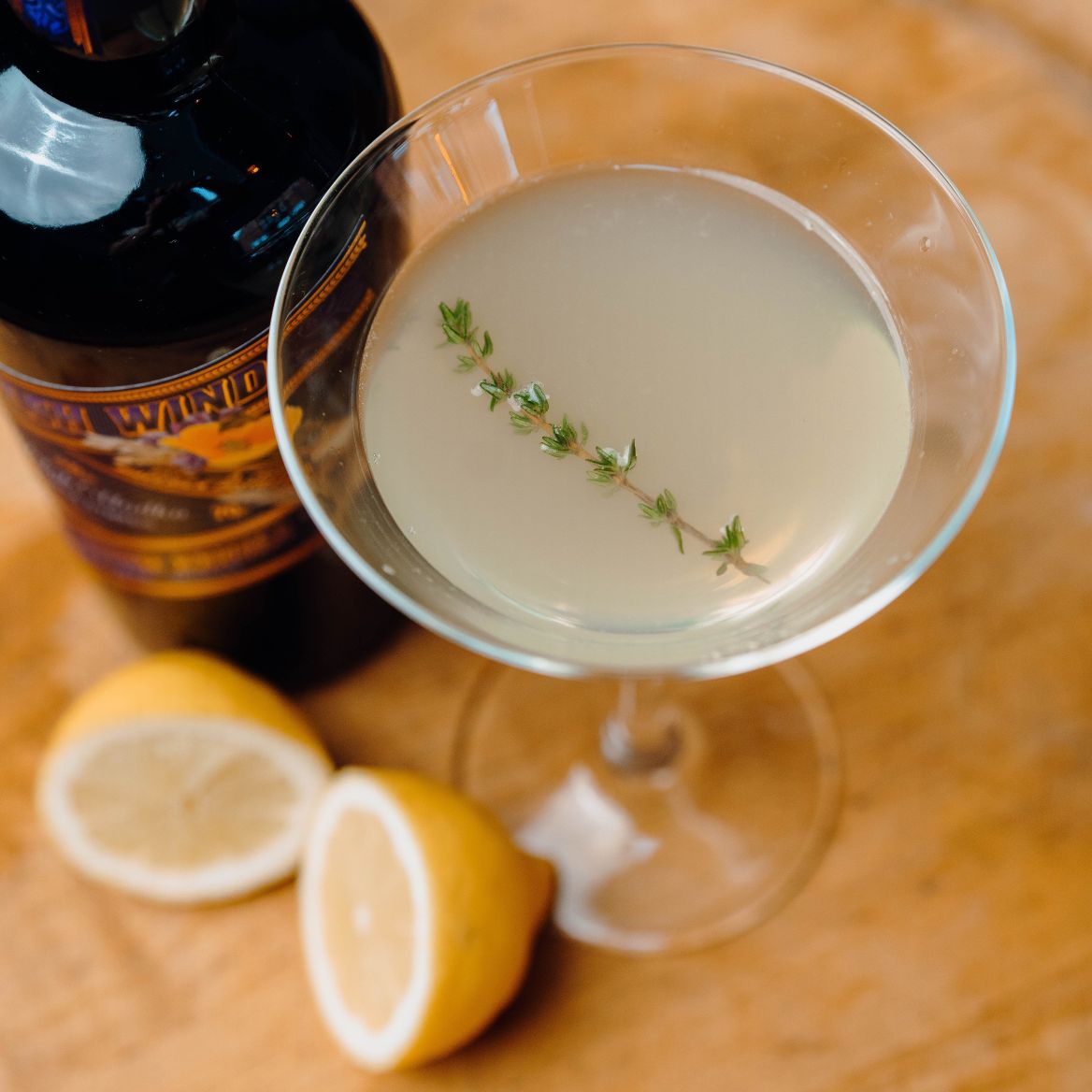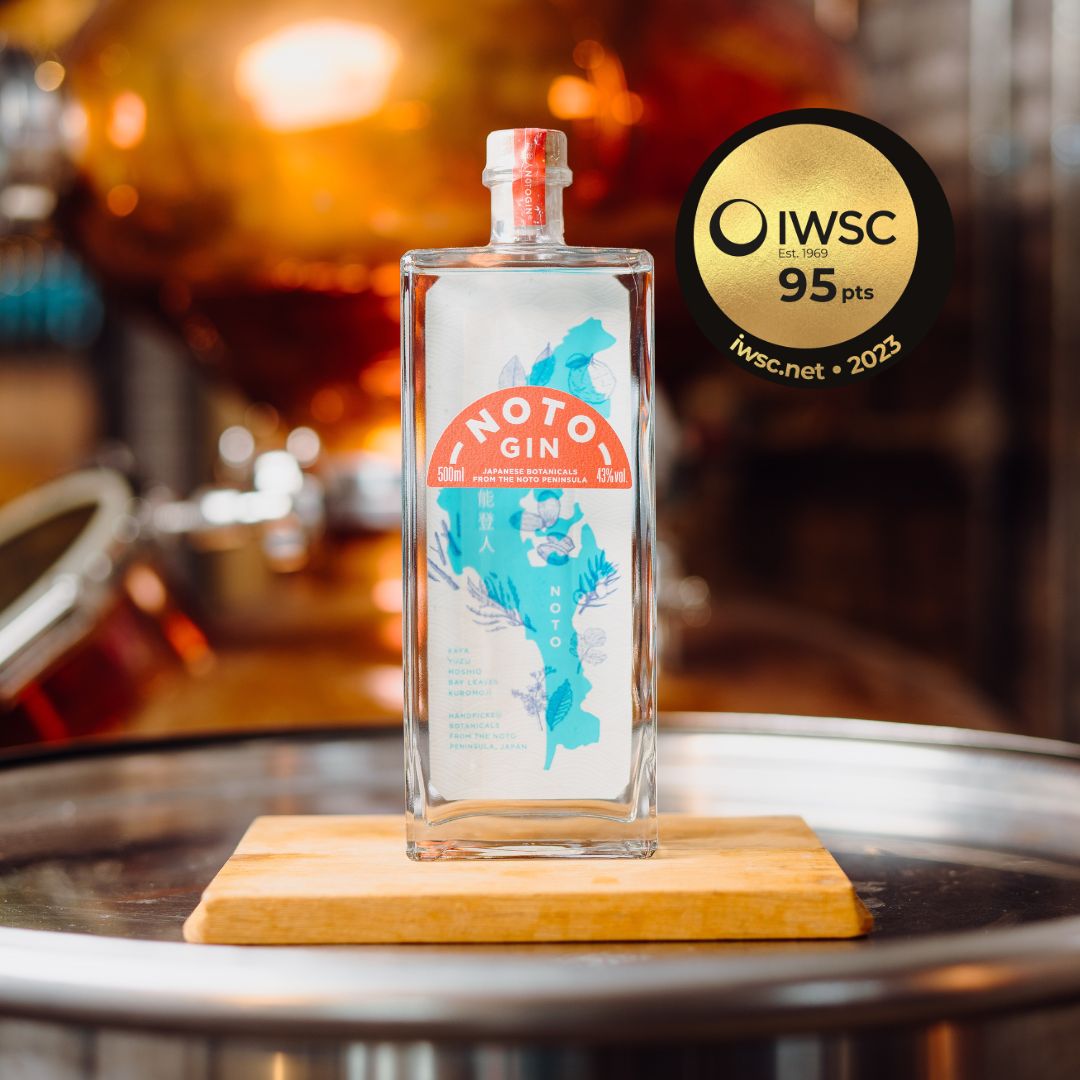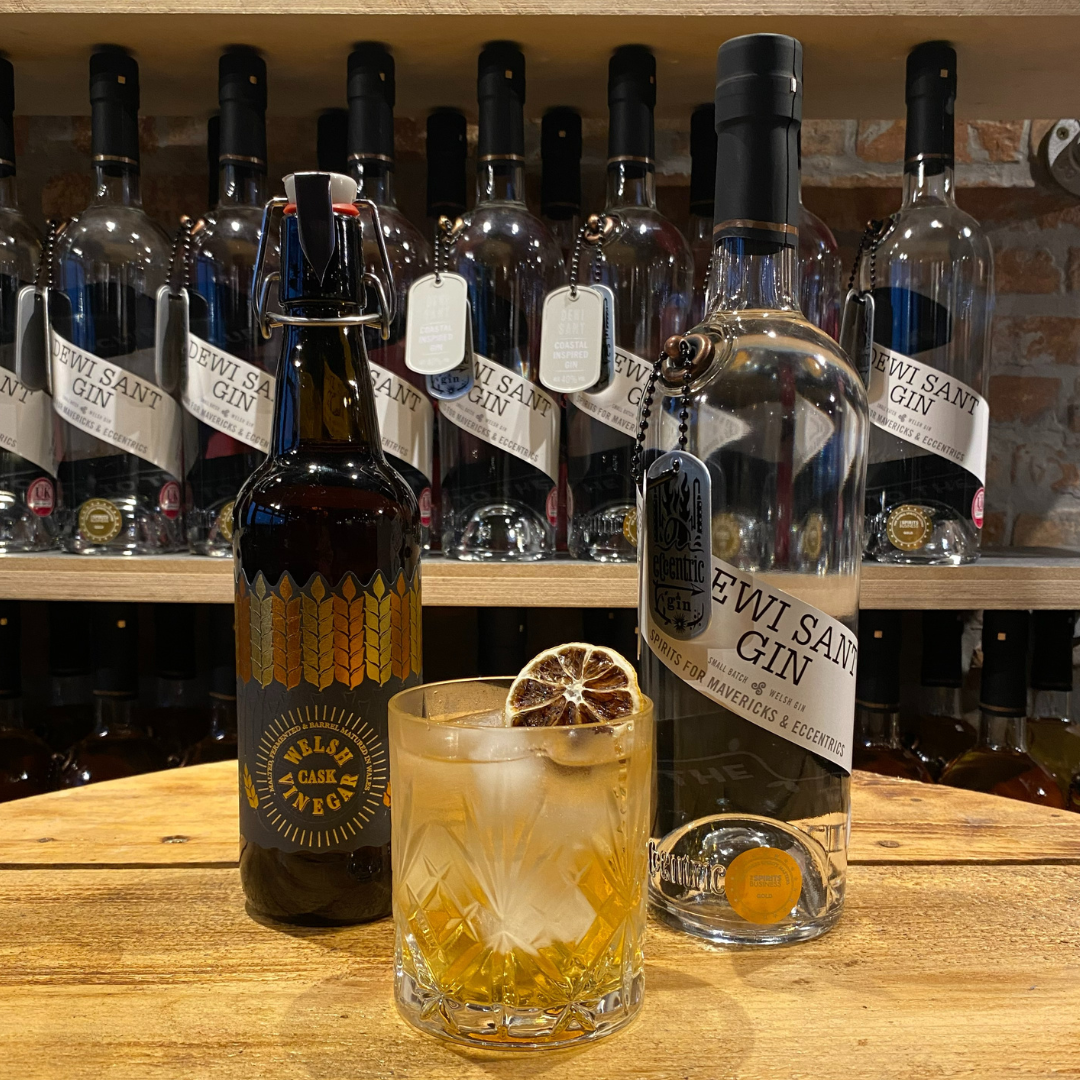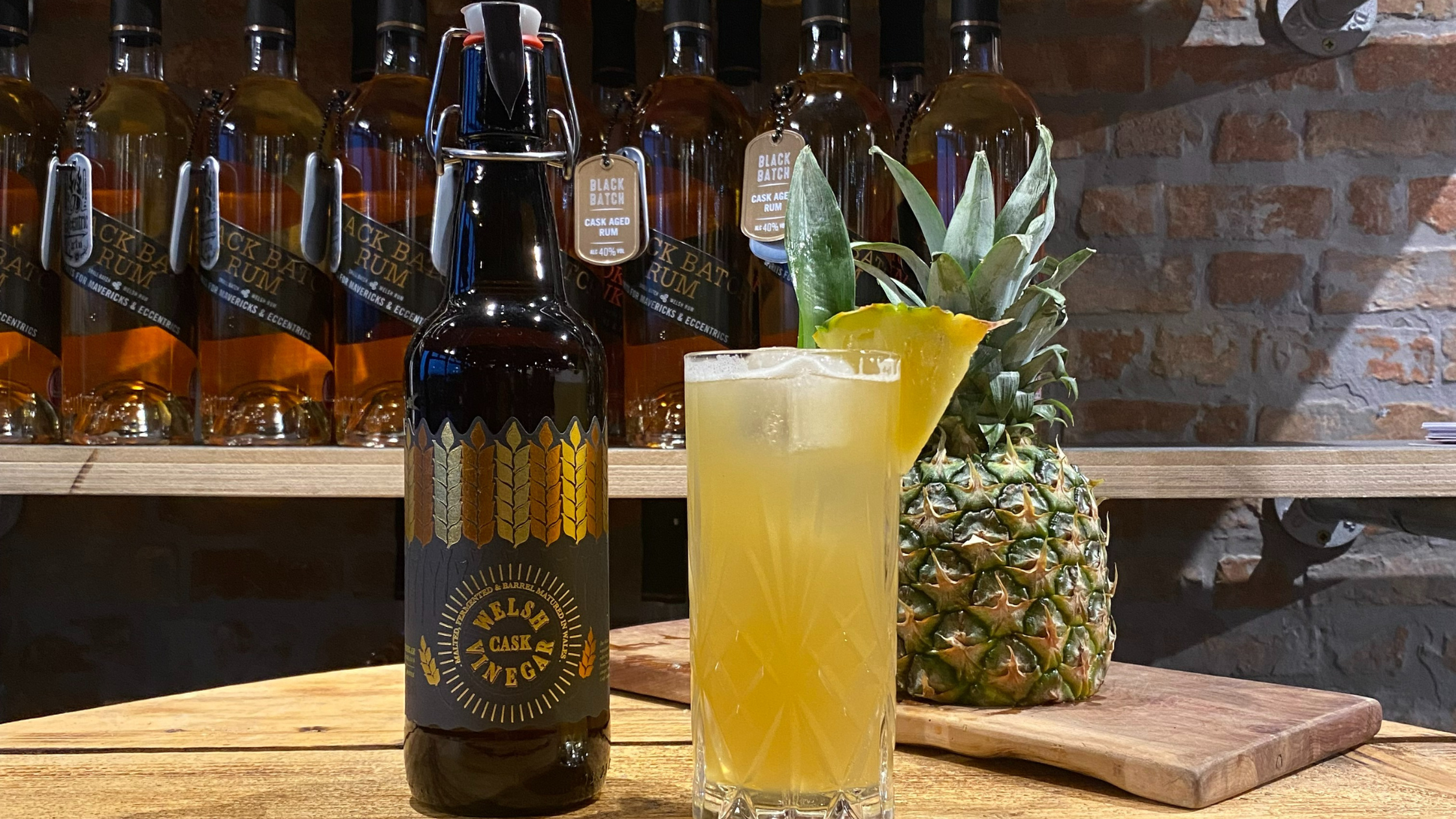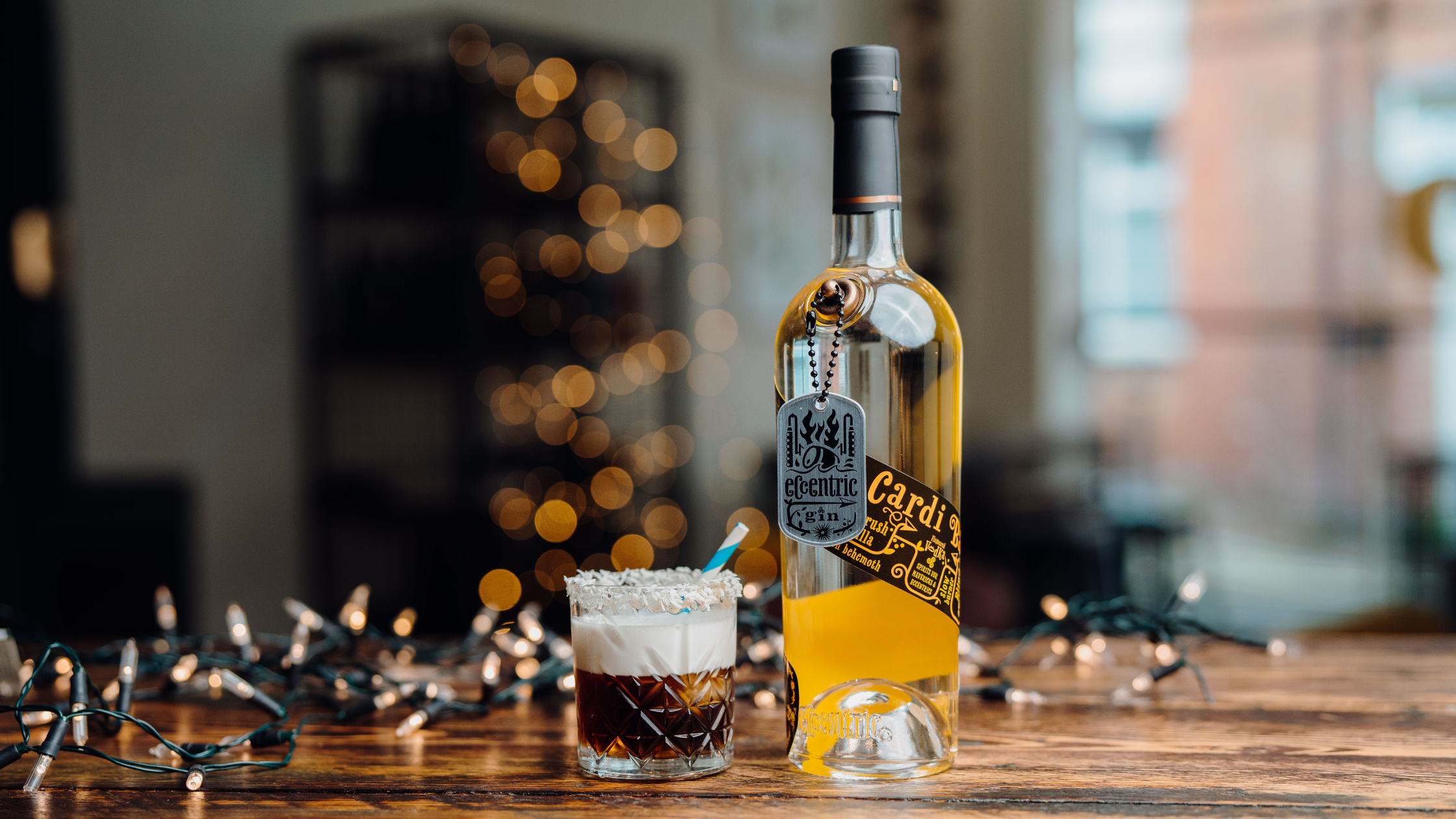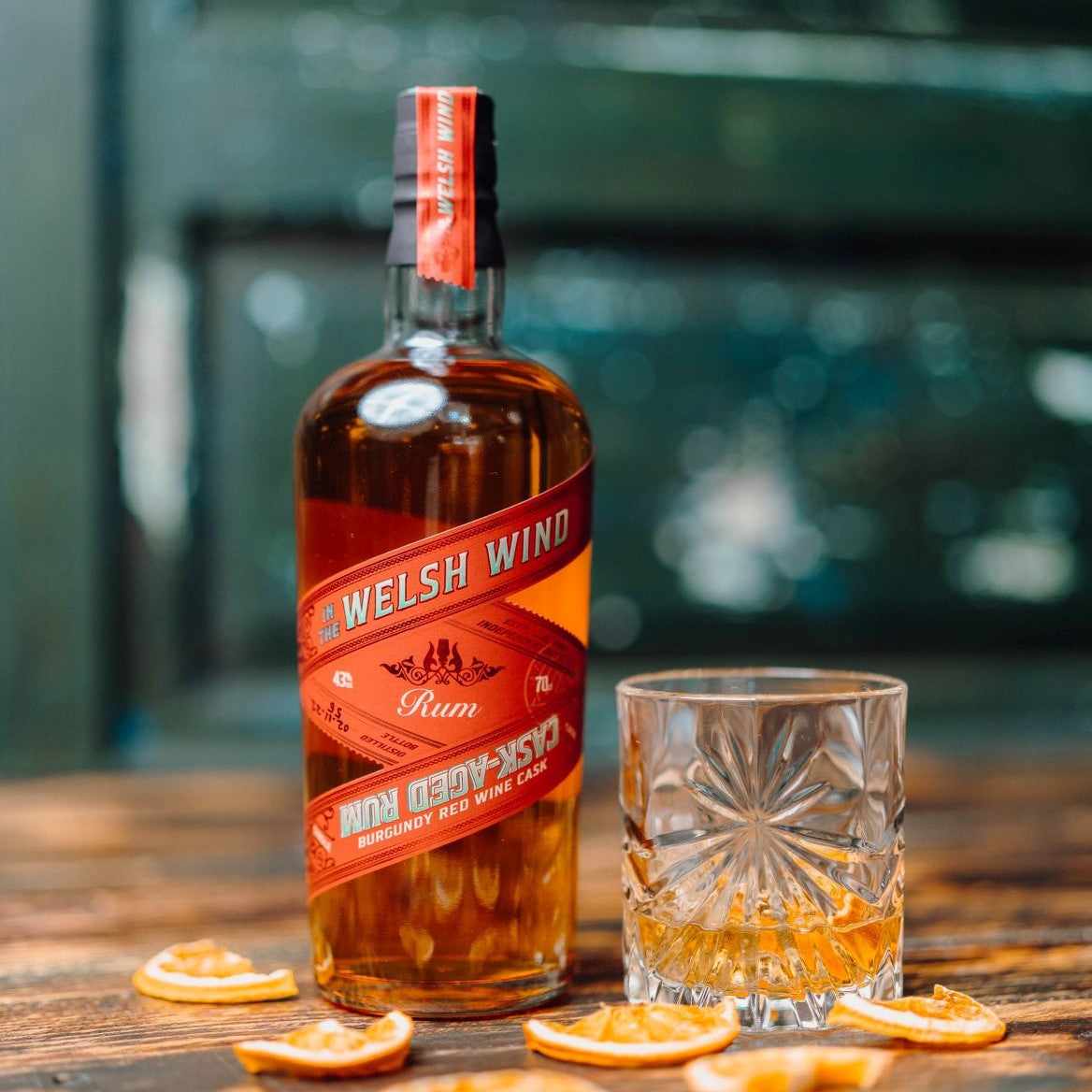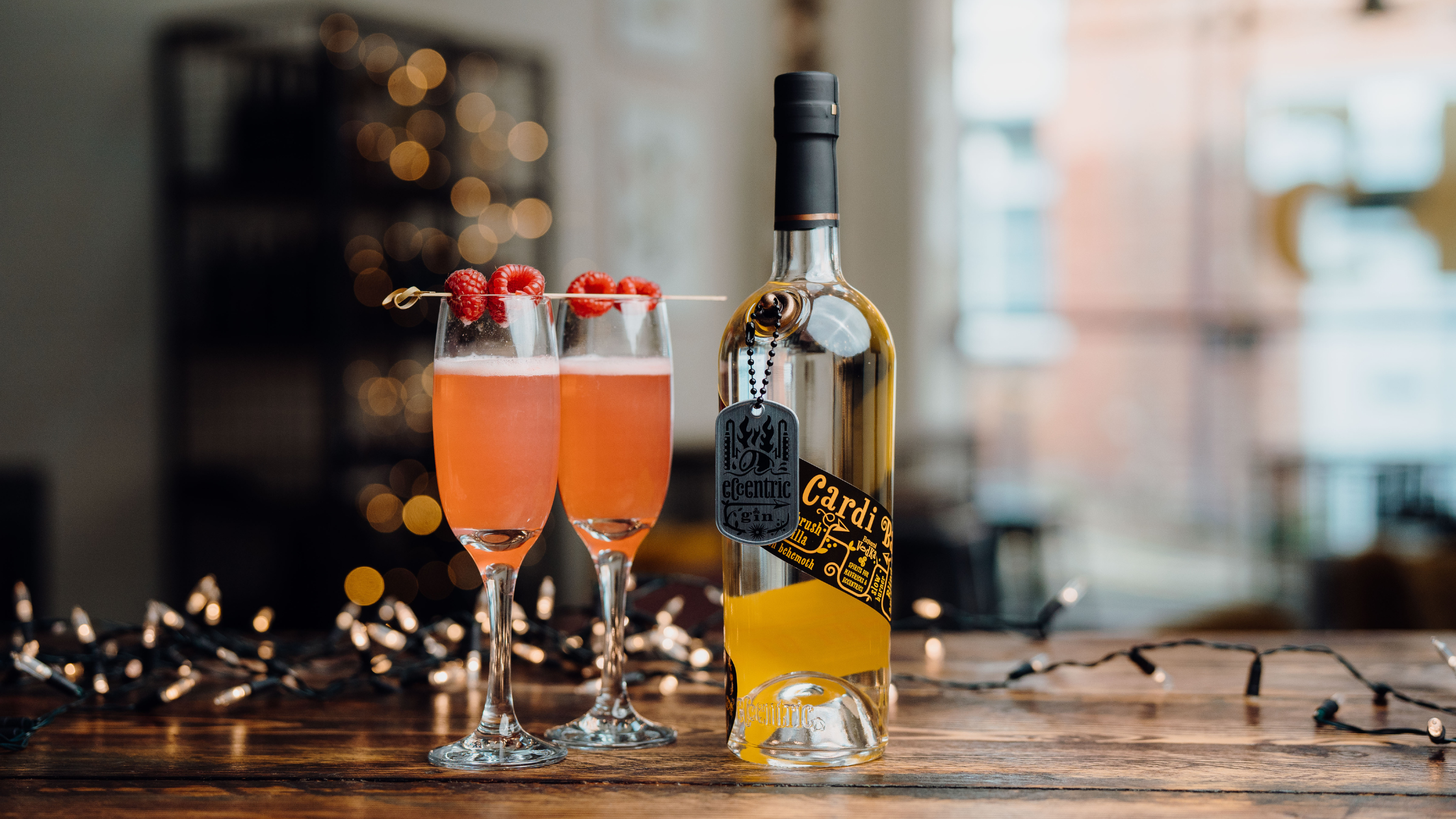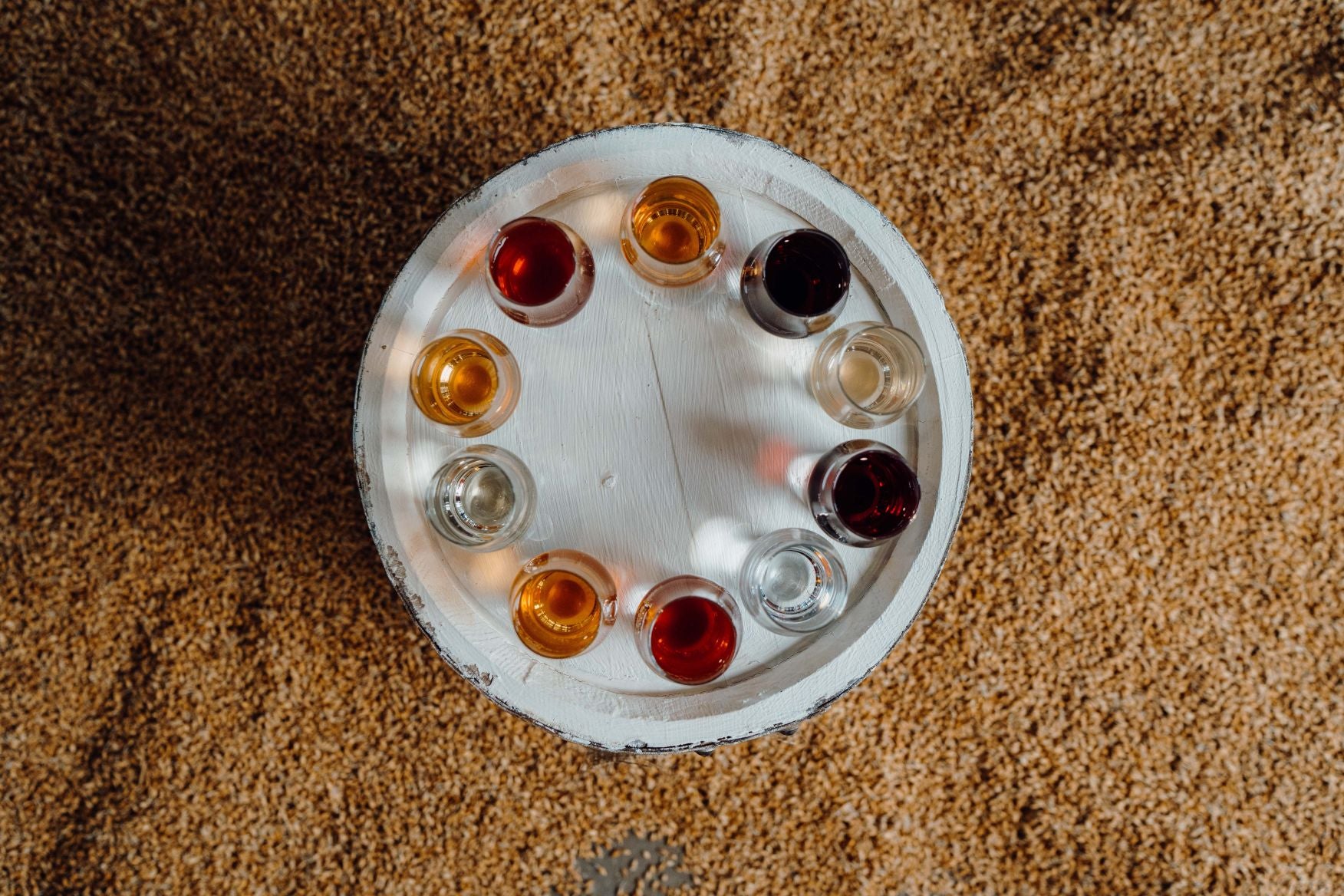A chance meeting at the iconic Do Lectures, when Alex helped out the team from the Botantist Gin at their hugely popular event gin bar, lead to a huge opportunity for him to spend a week at the Bruichladdich distillery on the beautiful island of Islay in the Inner Hebrides. As well as a privileged insight into how one man’s vision transformed a derelict distillery into an operation worth £58 million in 10 short years, Alex experienced every aspect of this innovative distilling business.
Everyone, every business, has a story. For Bruichladdich, it started with a love of whisky (well of course) – and a lot of persistence. This is the story Alex heard during his time at the distillery in summer 2018.
Closed in 1994, the Bruichladdich distillery was semi-derelict when Mark Reynier visited Islay and tried to persuade someone to let him into the site for a look around. Outside the distillery, he called over someone who was on the site. Turning on the charm, Mark explained what a huge, huge fan of the whisky he was and wondered if he could come in for a look round. Much to his disappointment, the short answer was no. There was no long answer. No visit to the distillery. Having been told at every turn how warm and friendly Islay people were, Mark had had the bad fortune to come across the exception that proved the rule – or perhaps the individual concerned wasn’t from Islay at all. But with 2 words ringing in Mark’s ears (one of the beginning with ‘F’), he returned, incensed, to his hotel in Port Charlotte to mull over the day’s frustrations with his brother – and a whisky or 2.
As one or 2 whiskies turned into 4 or 5, Mark became more and more upset to the point where, with the bravado of the inebriated, he determined that he would be the one to buy the Bruichladdich distillery if it was the last thing he did.
The power of a drunken promise
While his brother dismissed the promise as drunken rantings, the idea had firmly settled into Mark’s consciousness. A few days later, he wrote to Whyte & Mackay, the owners, saying that he’d like to make an offer. He wrote again, and again, on the same day the next year and the next for 6 years until 2000 when Whyte & Mackay agreed, and sold the distillery to Mark, his friend and business partner Simon and 48 investors, for £7 million. In addition to the buildings and machinery, they landed 20,000 casks of whisky – so you could say they bought some whisky with a distillery thrown in!
In at the deep end
Now Mark had his distillery, but very little knowledge of the whisky industry. Undaunted, he took his extensive knowledge of the wine industry and applied it to Bruichladdich. Mark was a firm believer in ‘terroir’ – that elusive concept fundamental to the wine industry; the marriage of provenance and traceability, soil, micro-climate, location and how it all influences the wine. He was also passionate about delivering the same concept in a single malt. Just as a wine connoisseur can taste a wine and know immediately where it has come from, Mark’s vision was that a whisky drinker would be able to pinpoint the origins of the dram before him – to Islay, to Bruichladdich. He was also committed to using the existing equipment and building on traditional techniques of whisky distillation, the team set about getting production back on its feet. In 2001, Bruichladdich whisky was back in production. Not only had they started producing whisky again, they quickly won distillery of the year.

A commitment to terroir
Committing to terroir at Bruichladdich meant 3 key changes for the distillery. Blending was out; Scottish was in; and, perhaps, key, casks would be matured on the island, and not shipped from Islay to wait out its time on the mainland before bottling.
From 2000, no more blended whisky was produced at Bruichladdich, and all the raw ingredients became 100% Scottish – including as much Islay barley as possible. Bruichladdich whisky is now matured in casks in 17 warehouses across Islay, the climate of the west coast seeping in to every barrel. Bottling is carried out on Islay too (only one other distillery bottles on the island). Only the barley malting process continued away from Islay, in a malting facility in Inverness.
It’s an approach that delivered – for Mark, for the distillery, for Islay. While Mark is no longer involved in the business, his passion remains evident, with the same commitment living on in the current team. Even since the takeover by Rémy Cointreau in 2012, very little has changed, simply that Bruichladdich benefits from wider channels of distribution. The principles of terroir – of traceability and transparency remain at the forefront of the business, and has led them on to creating not only iconic single malts, but also the 4th best-selling gin in the world!



